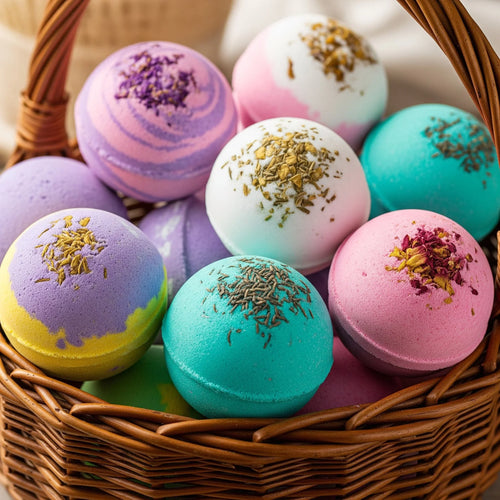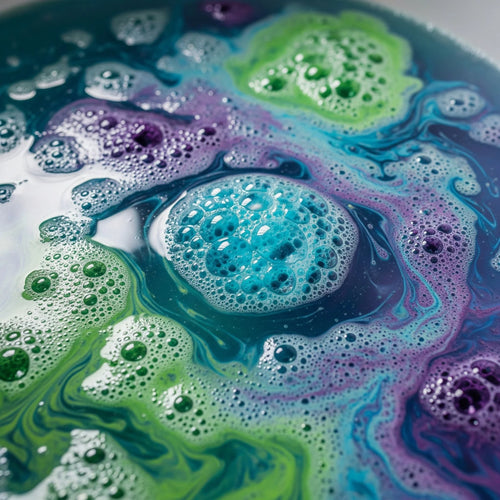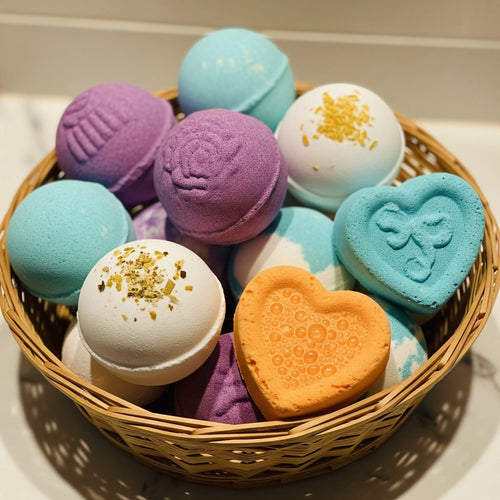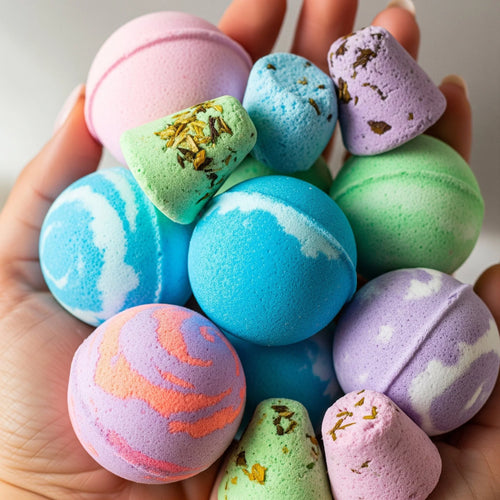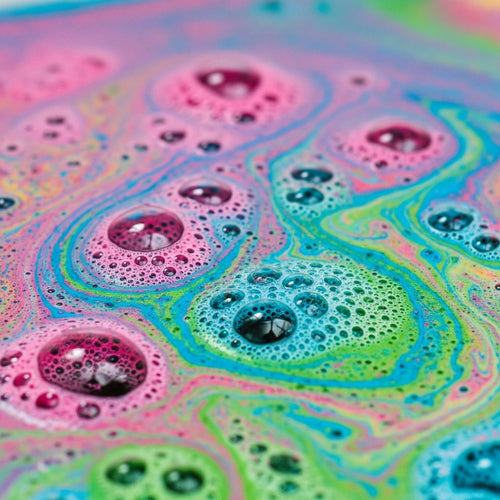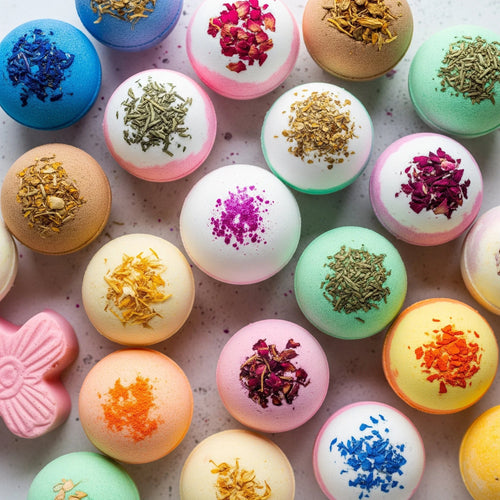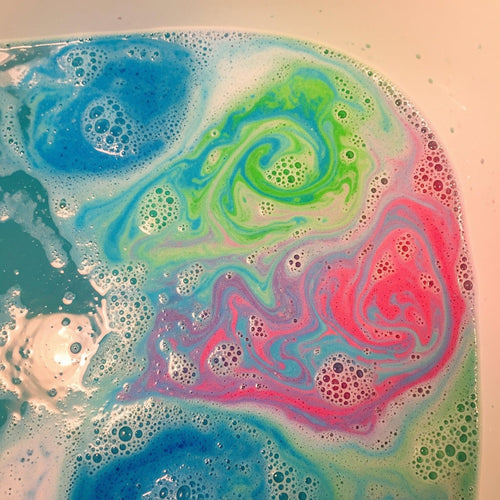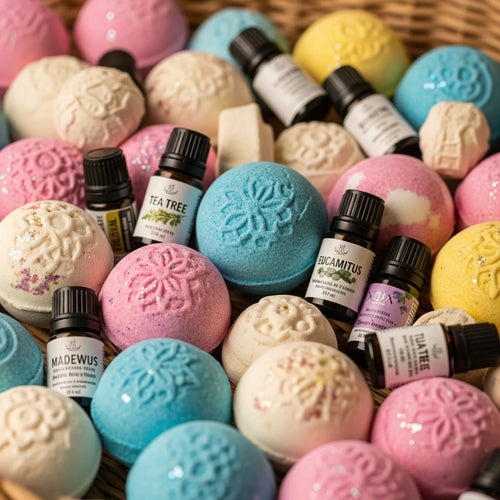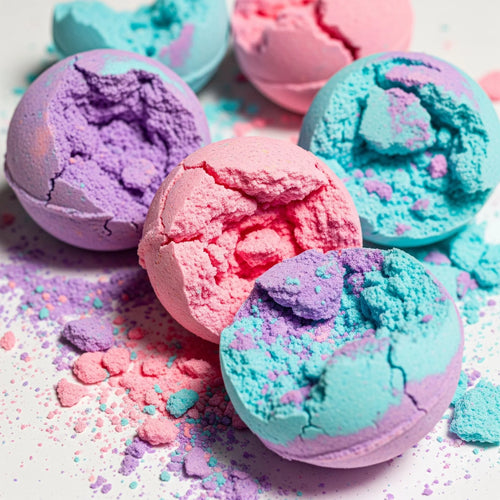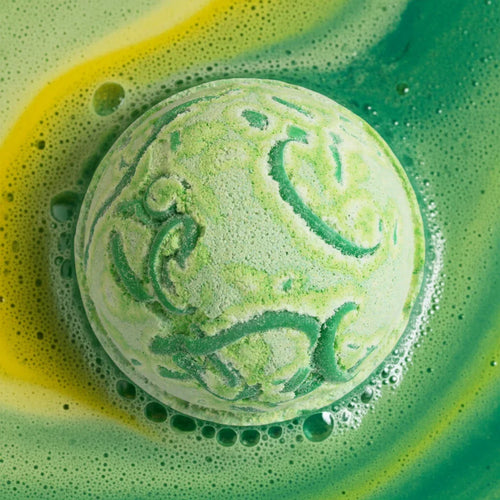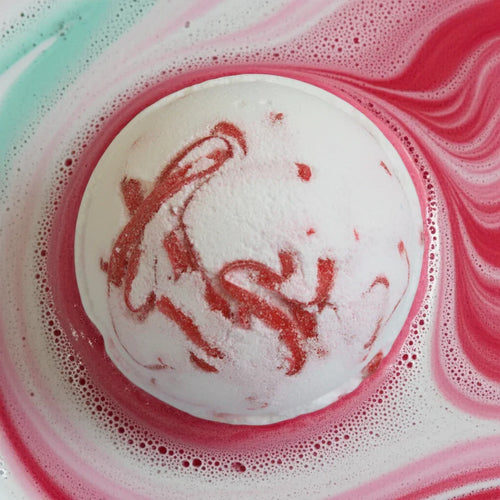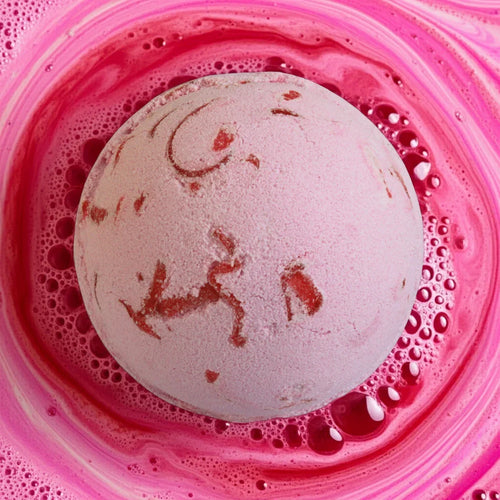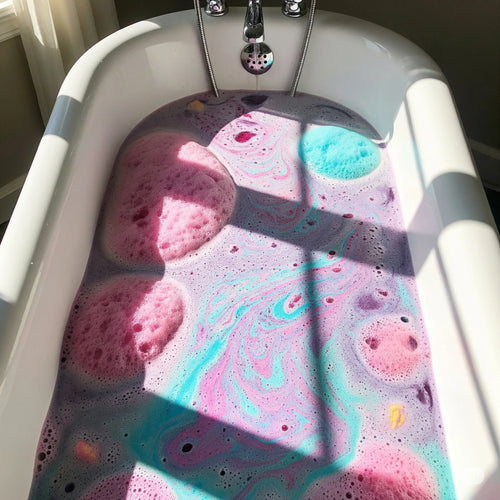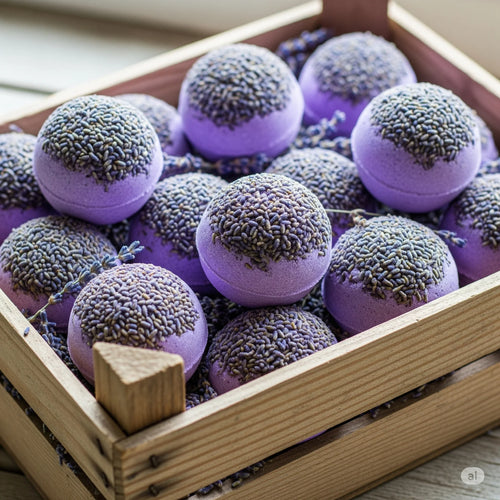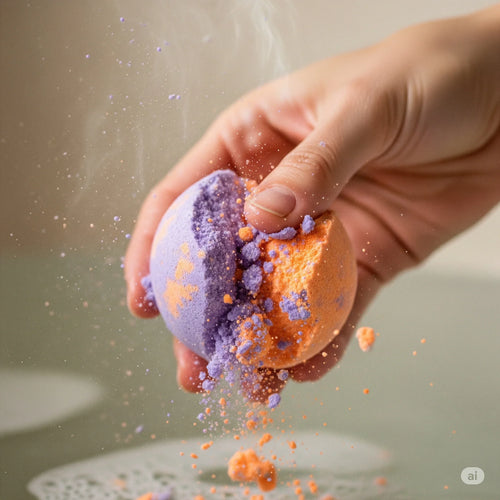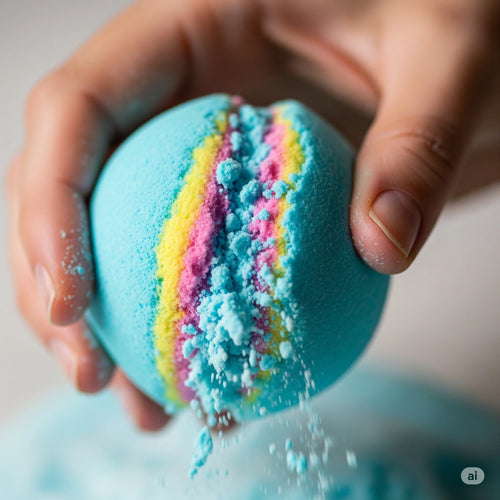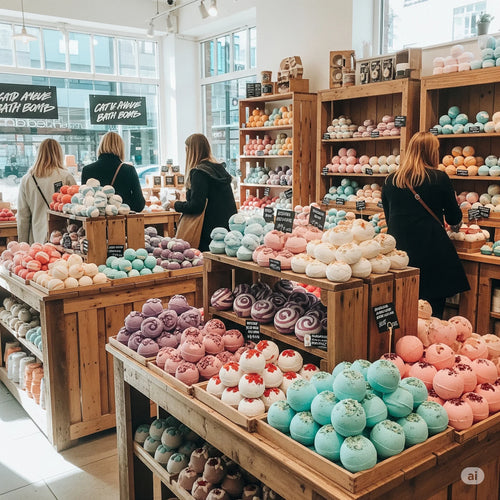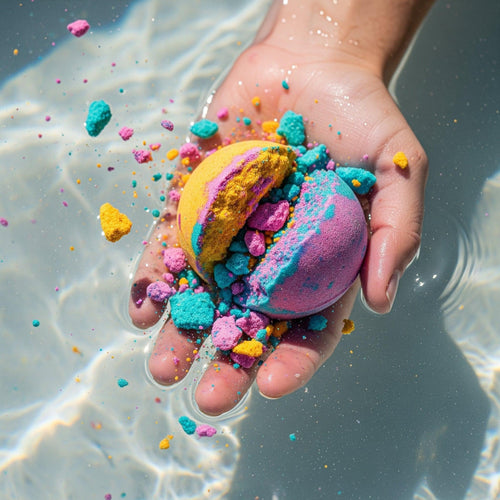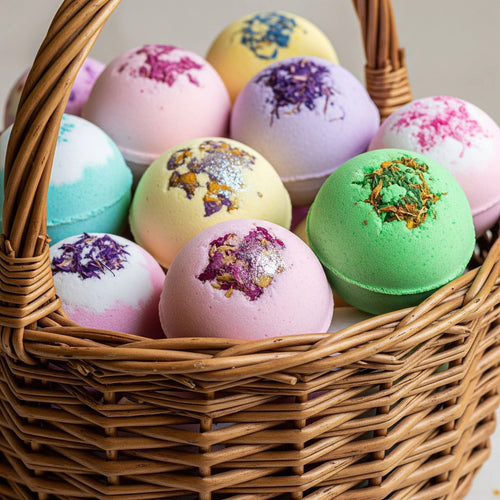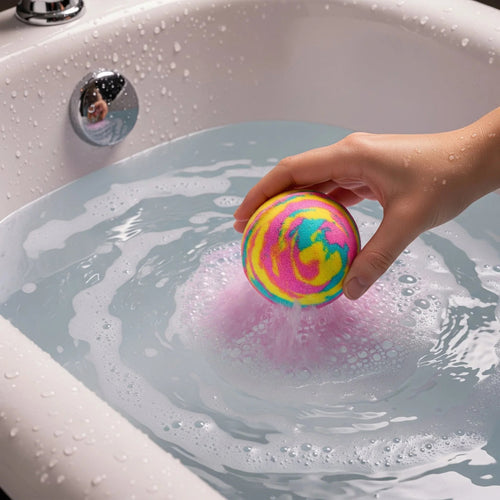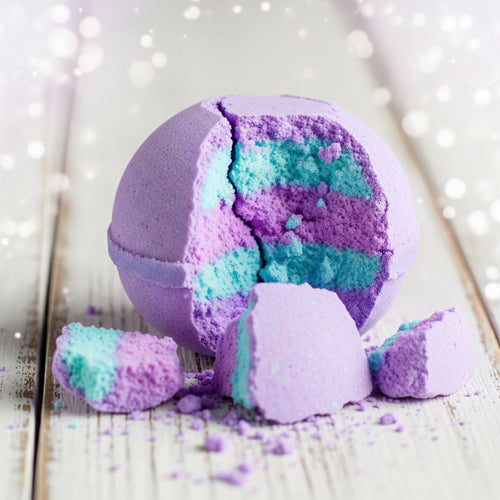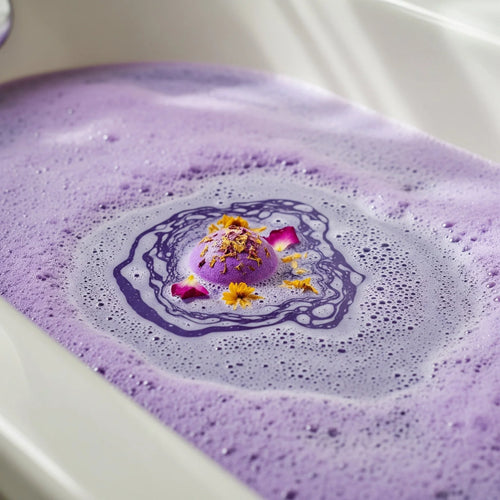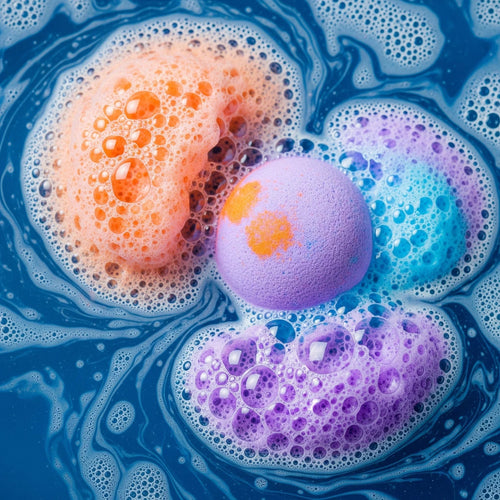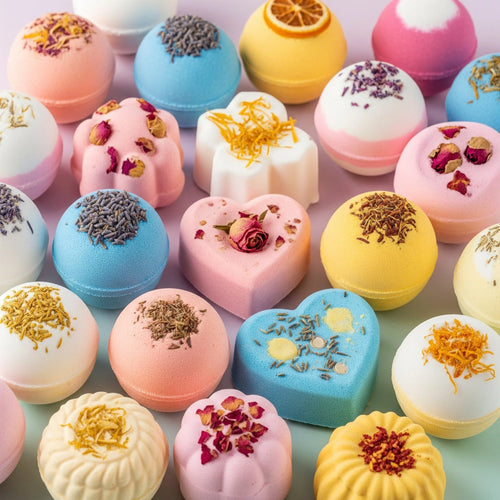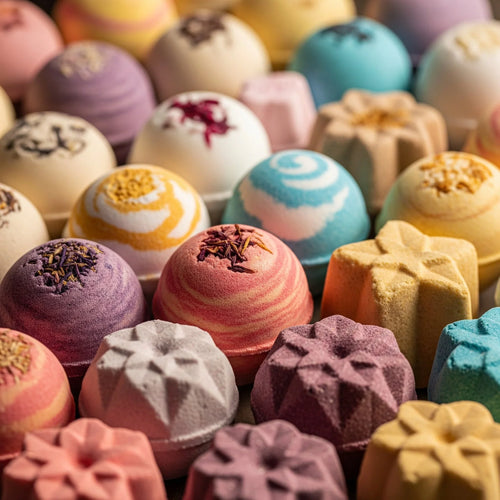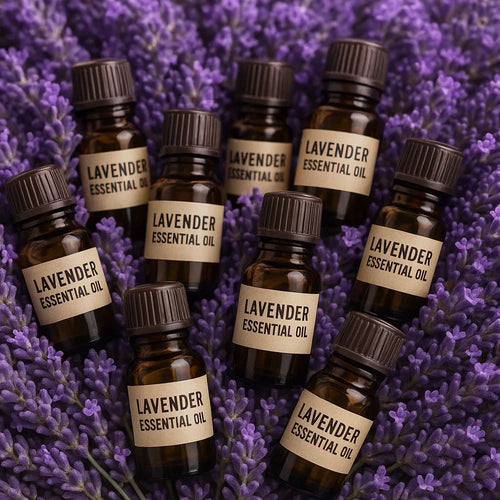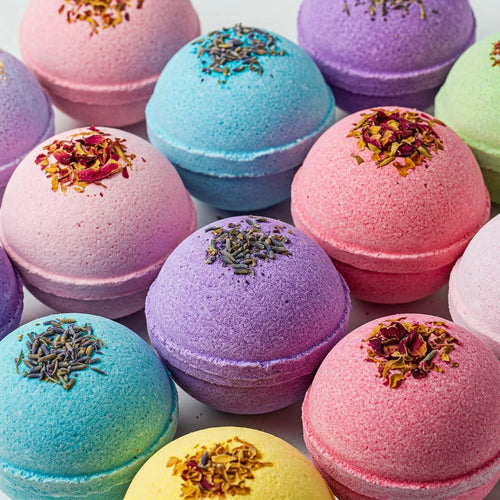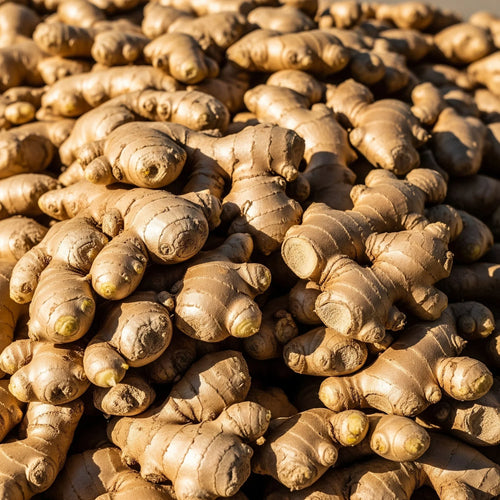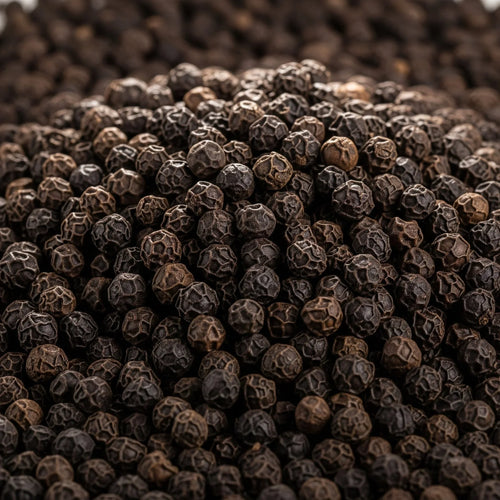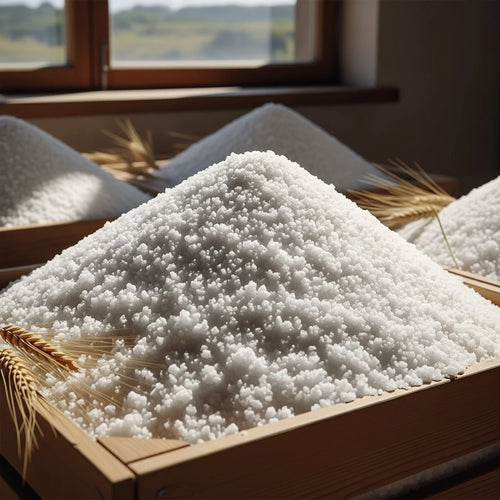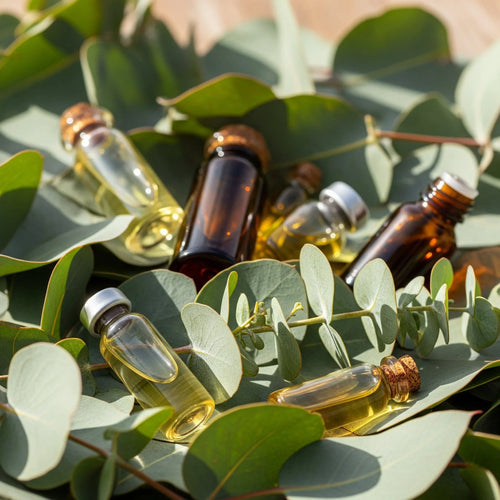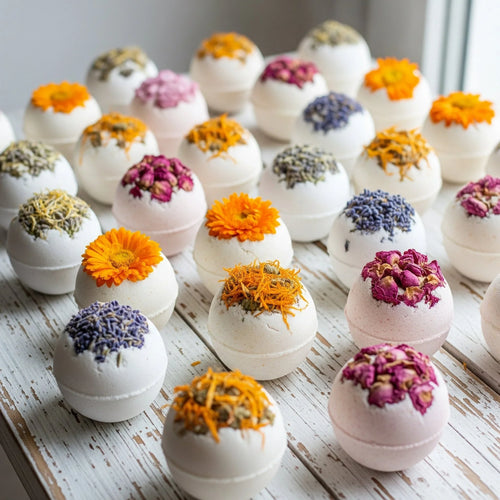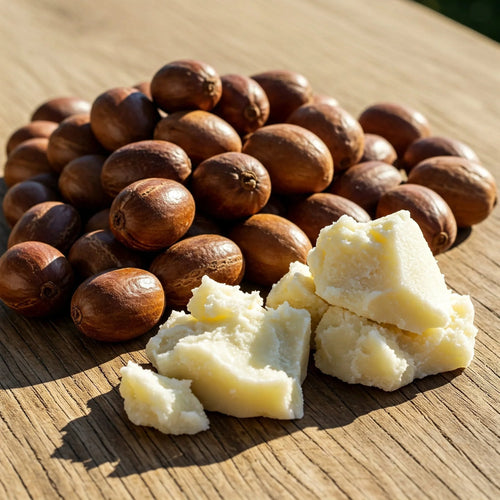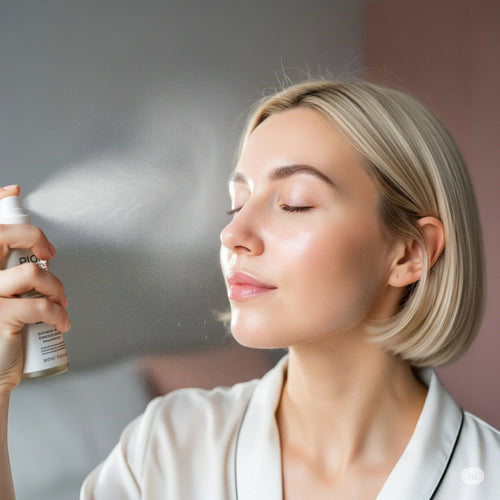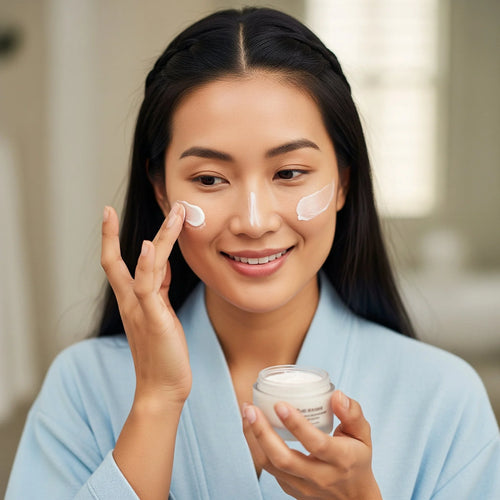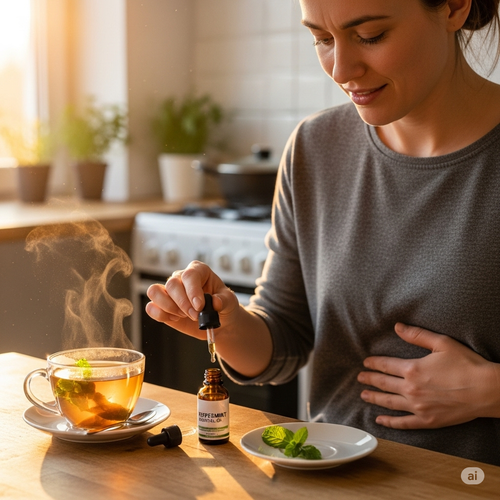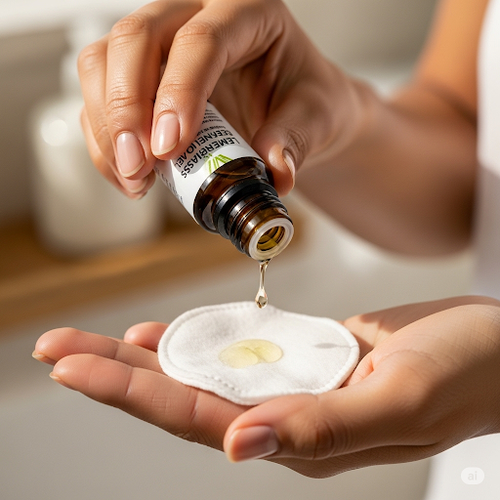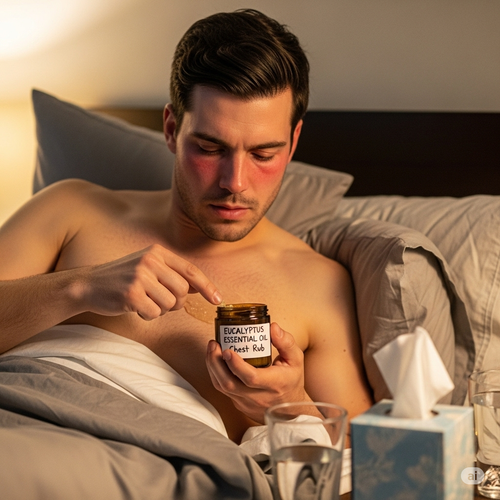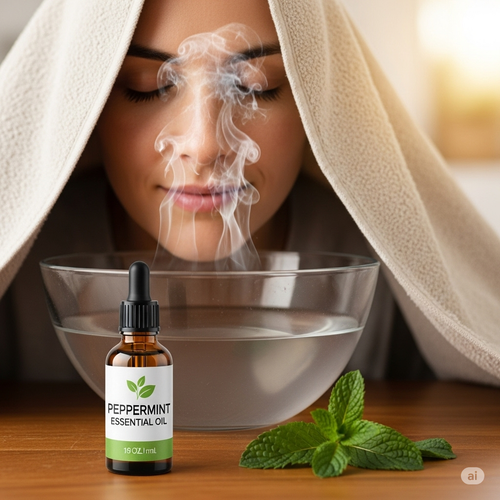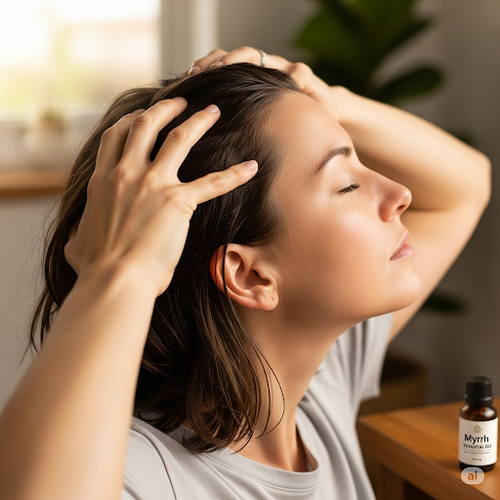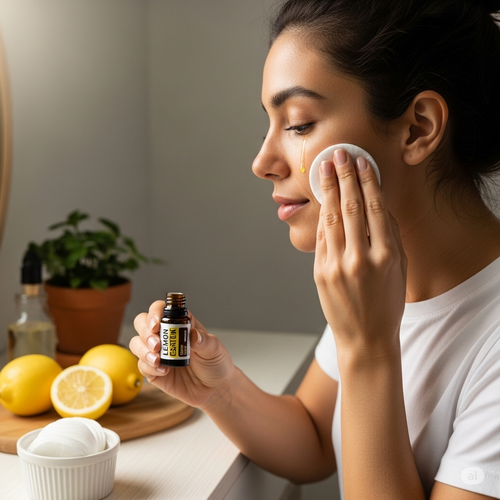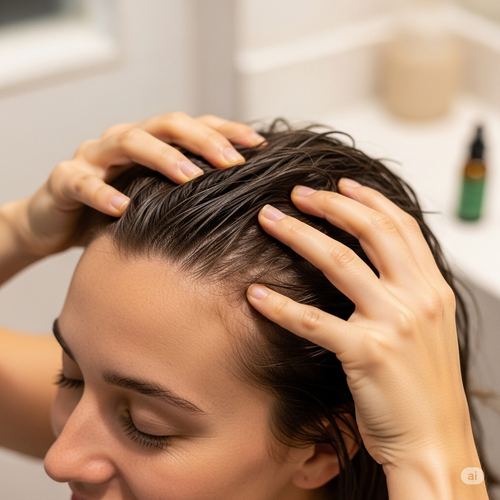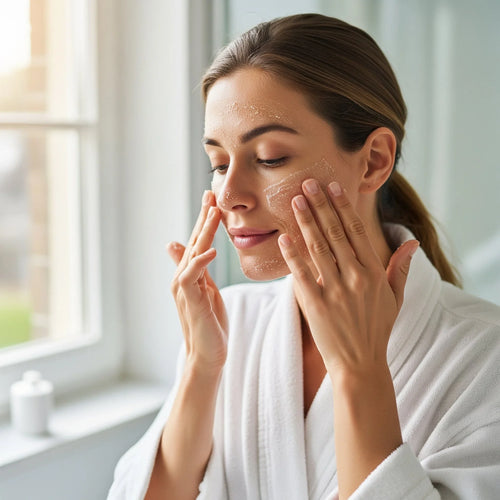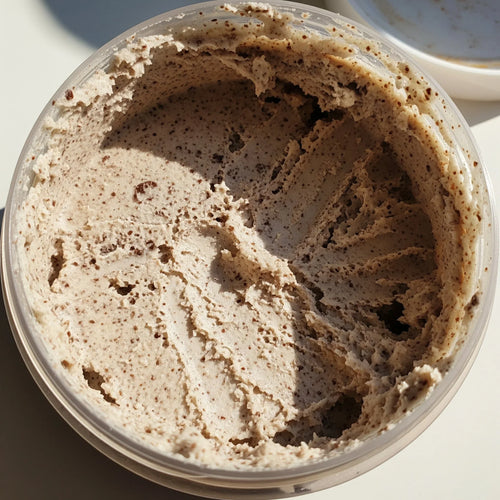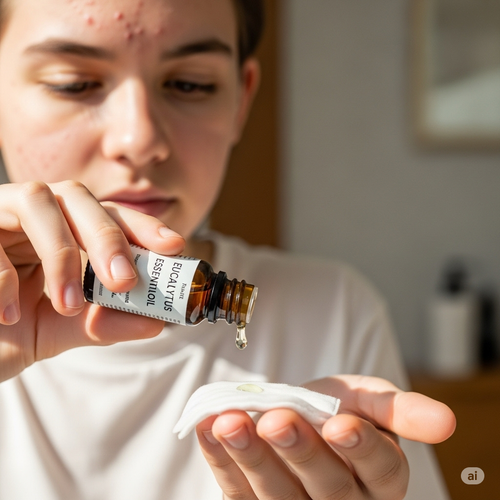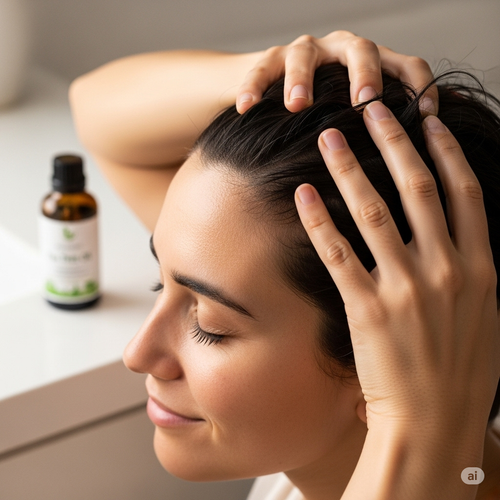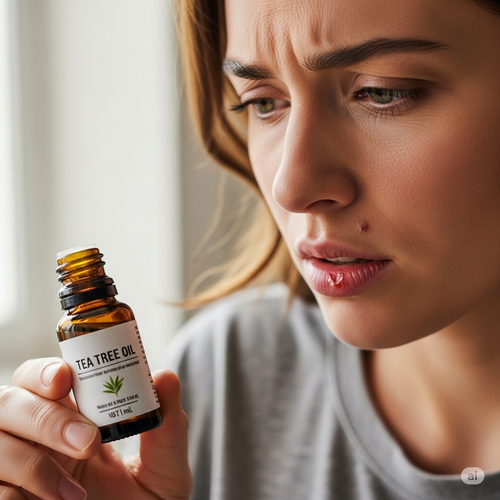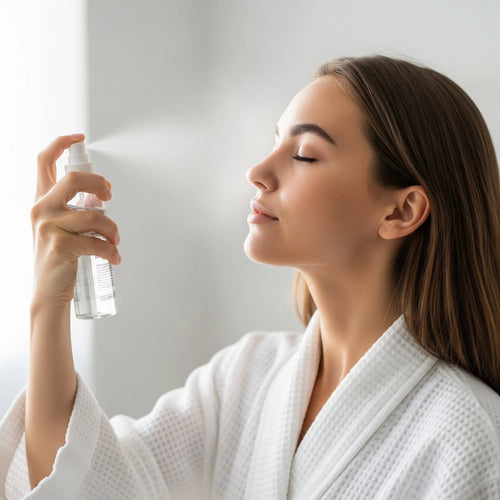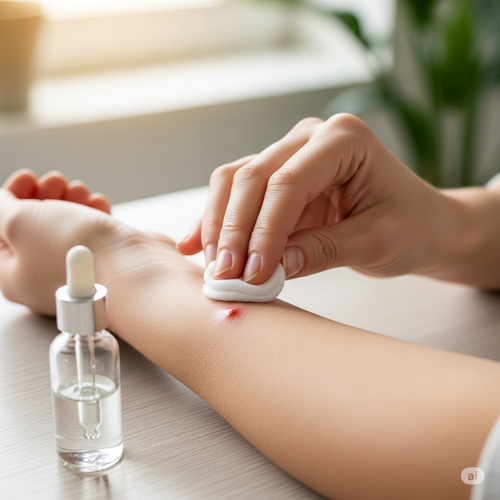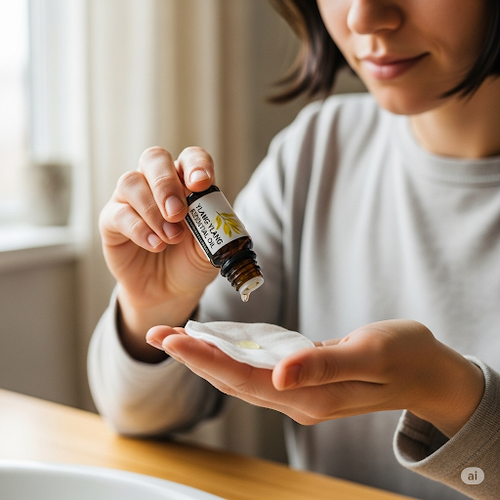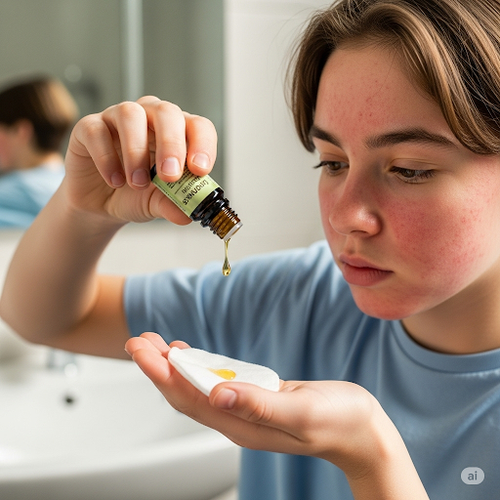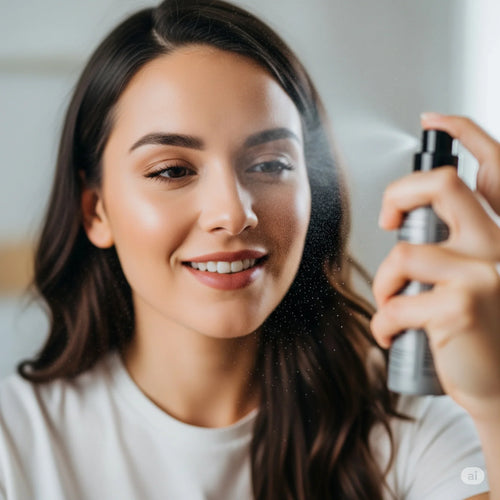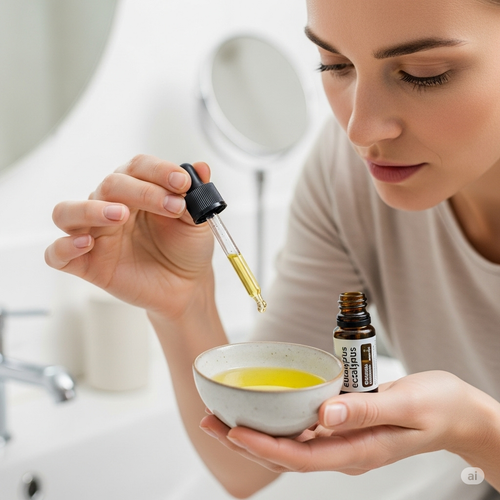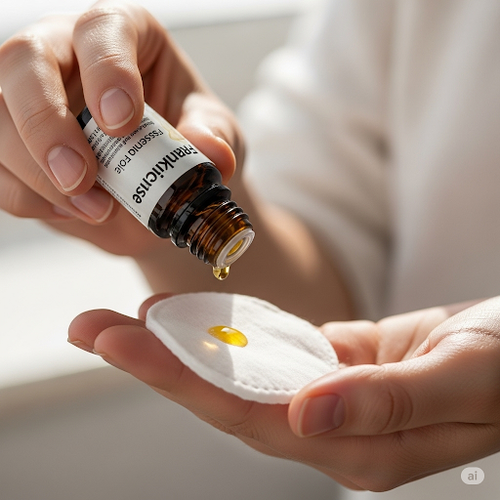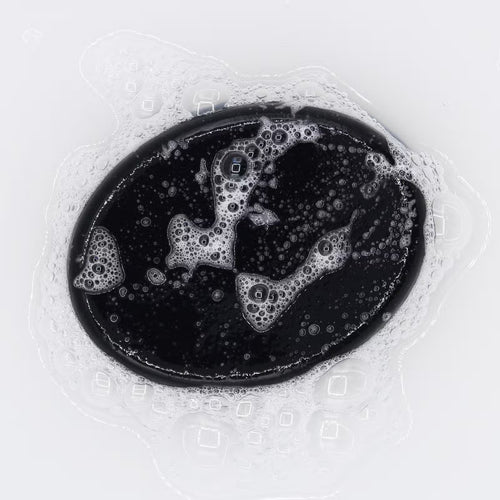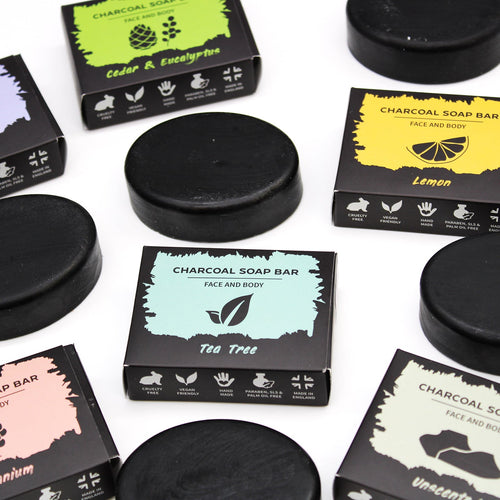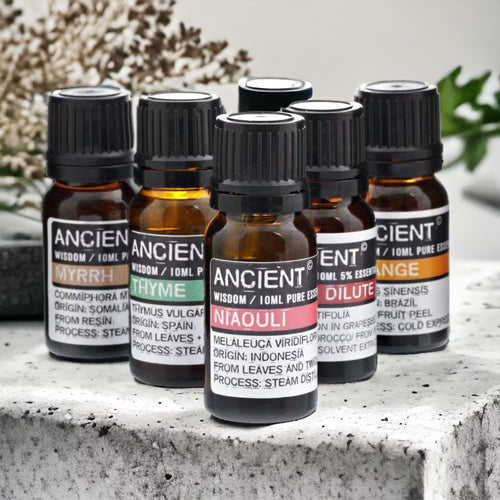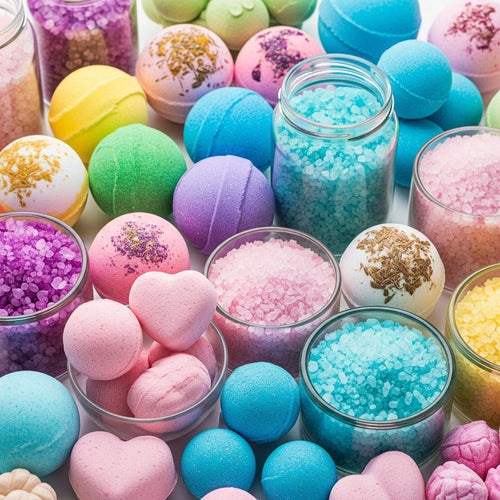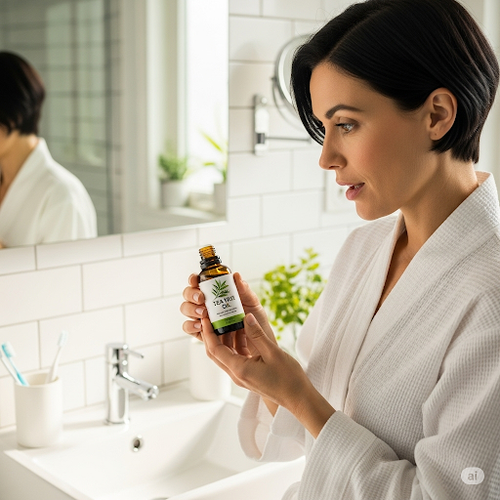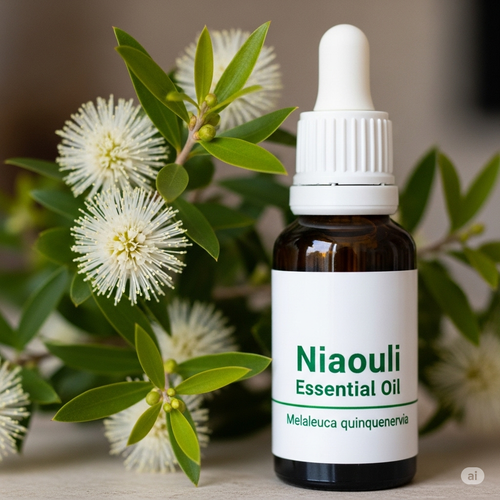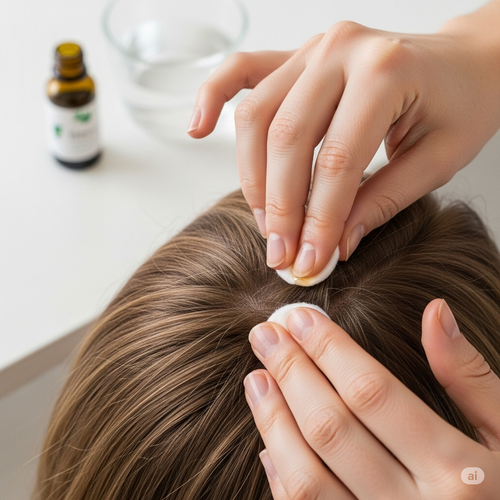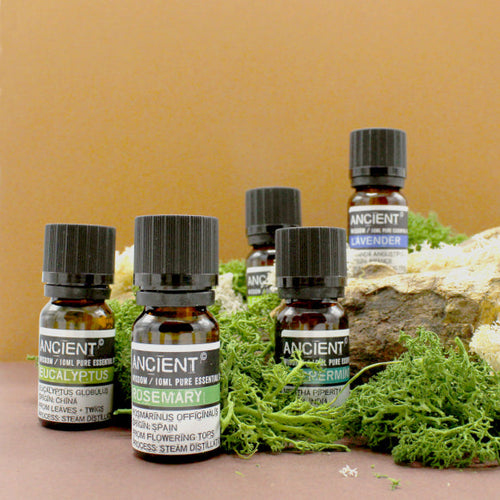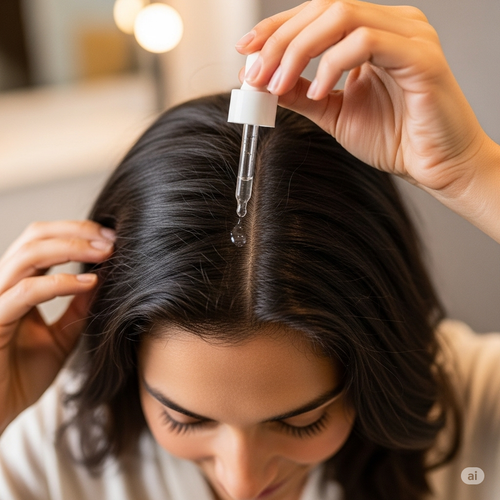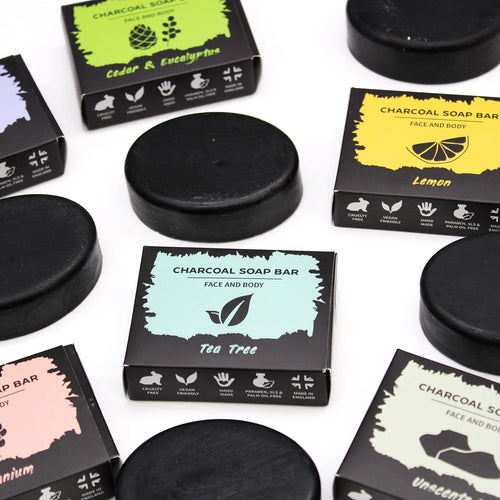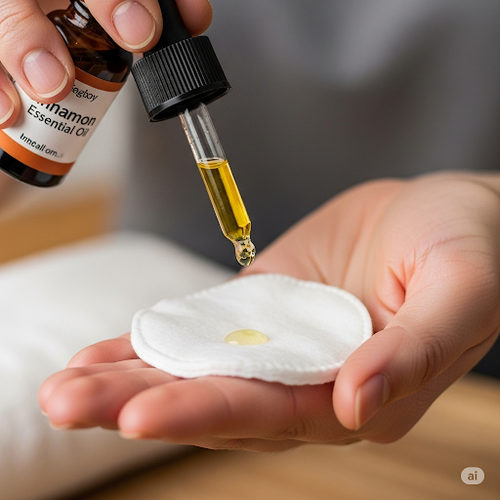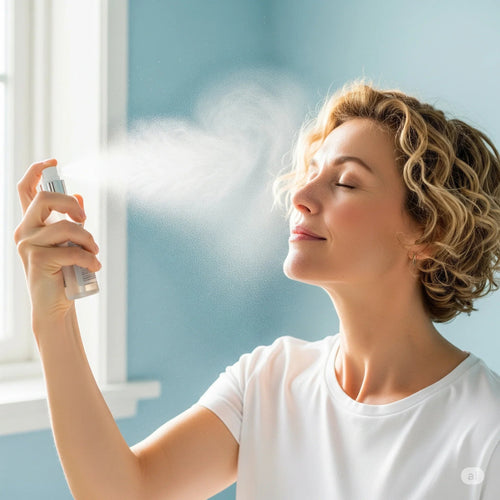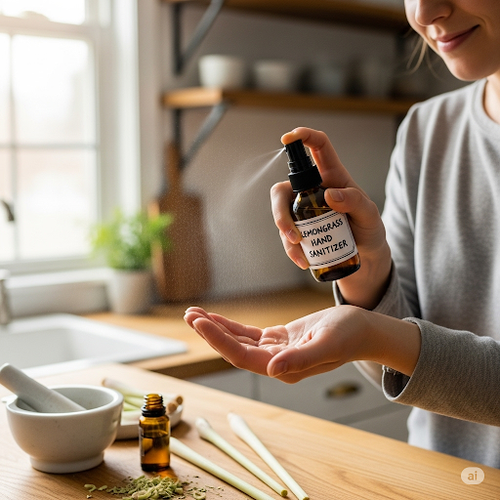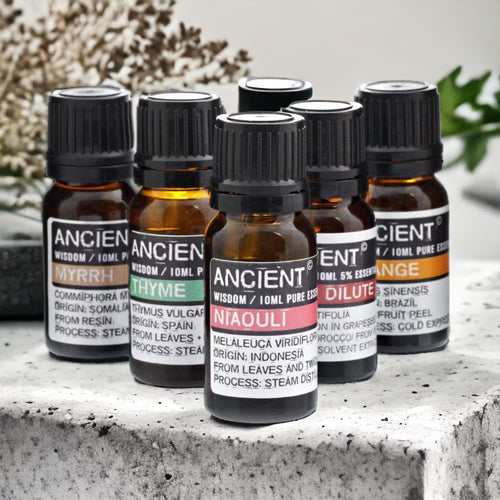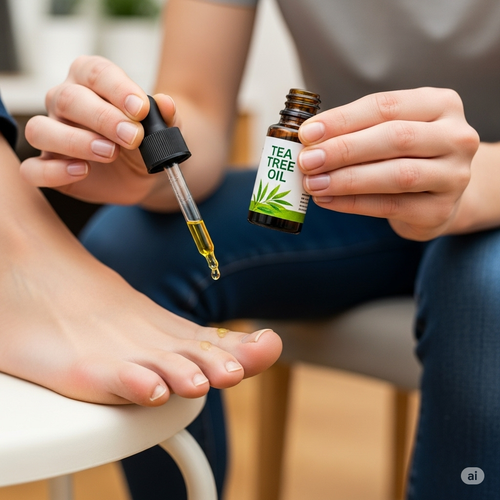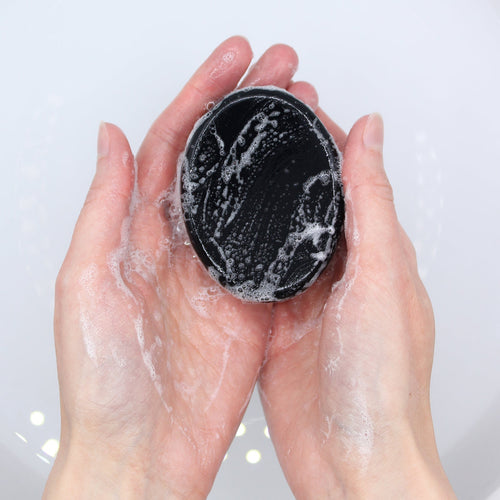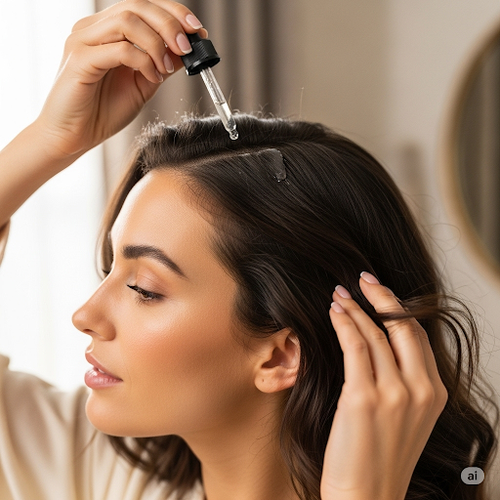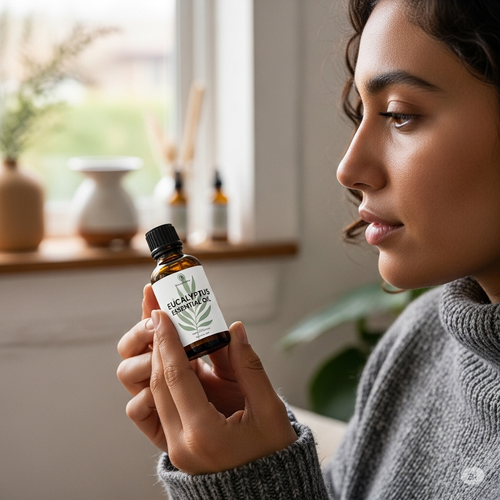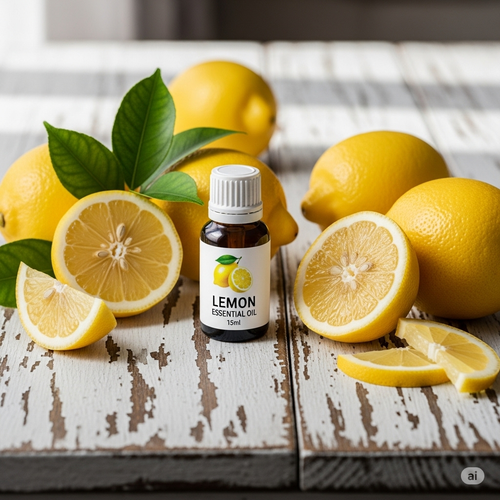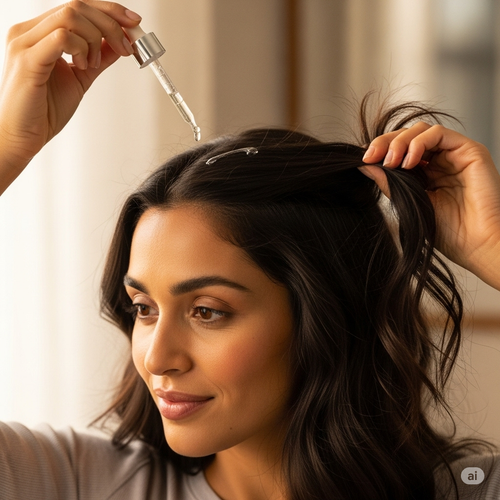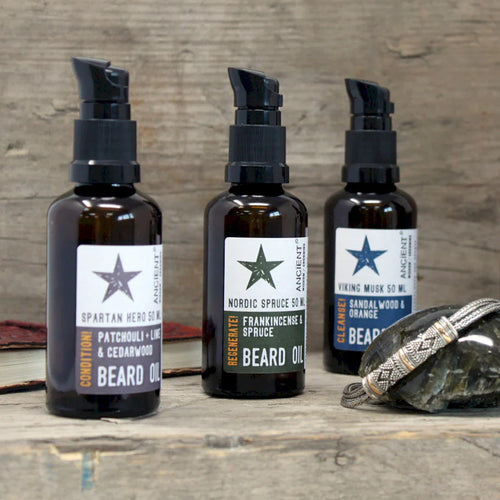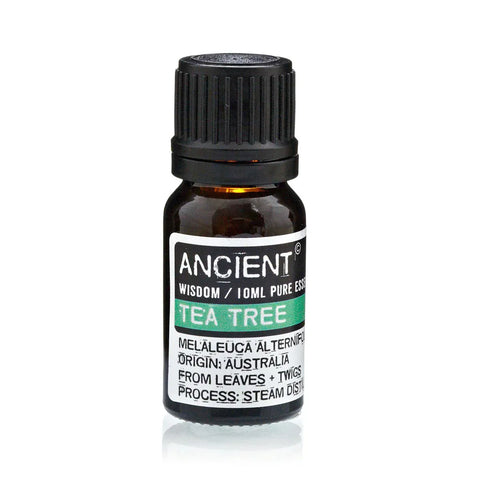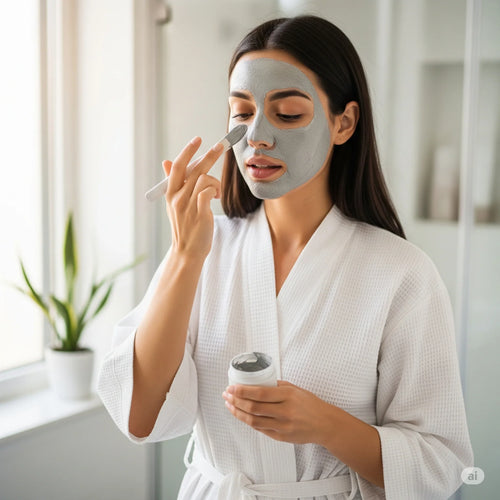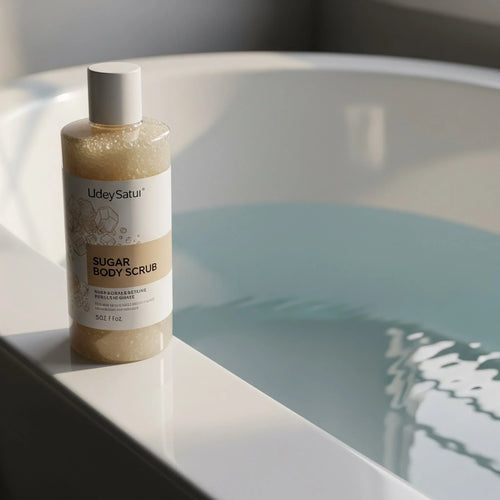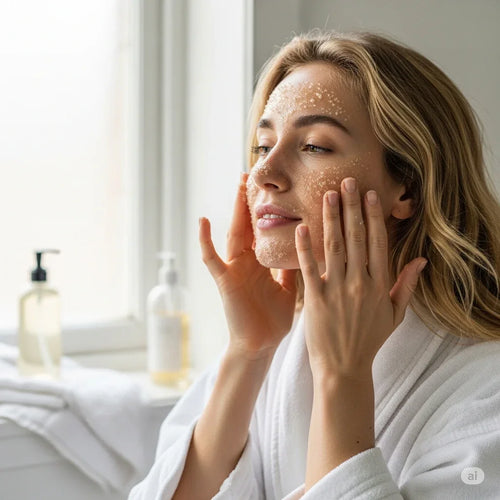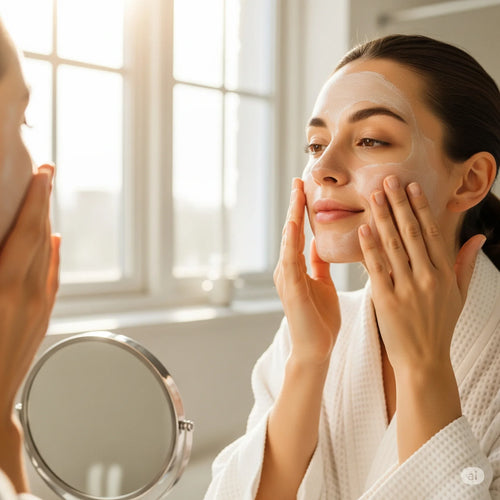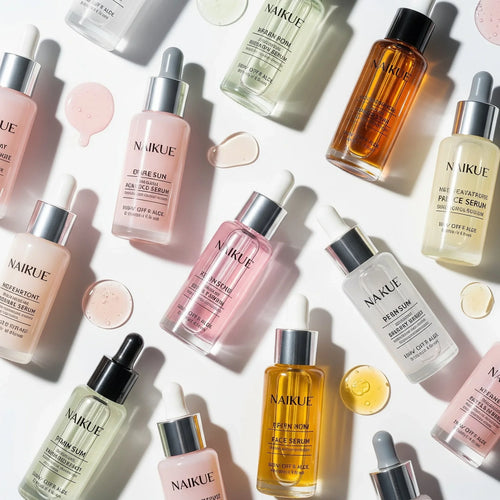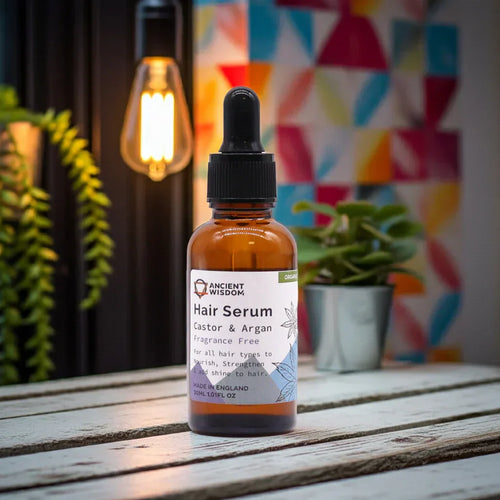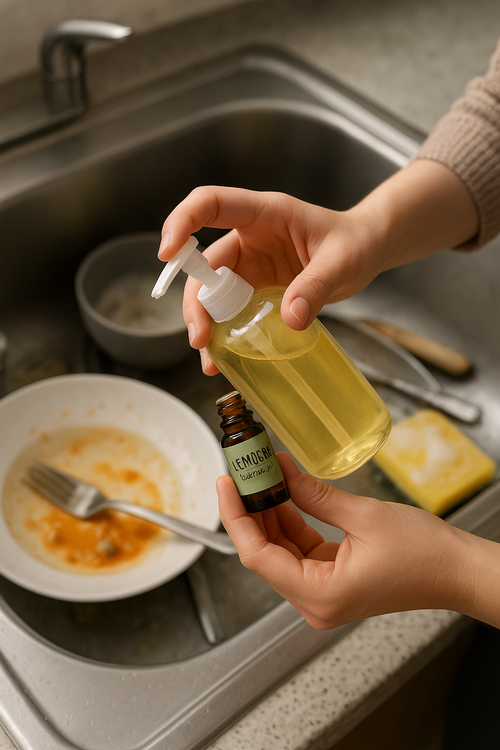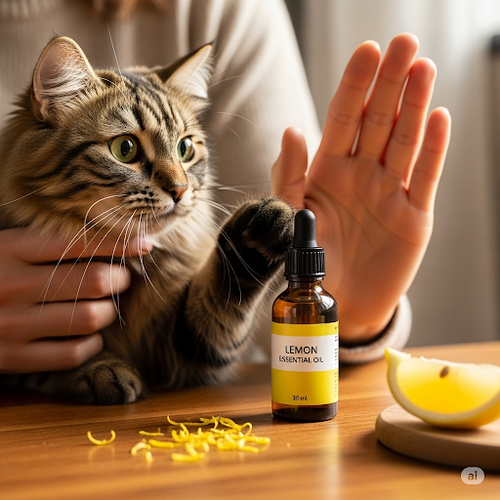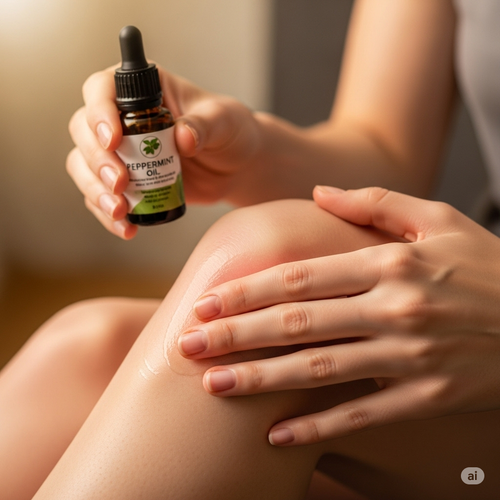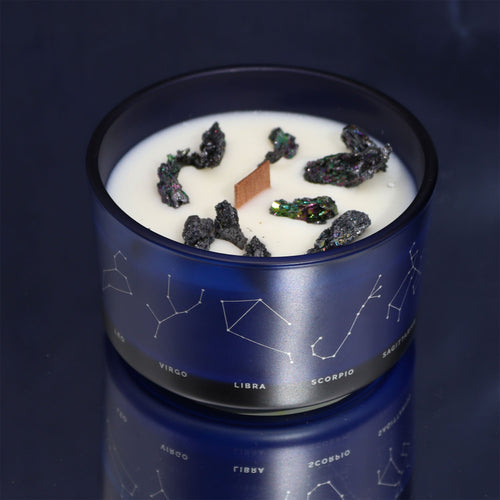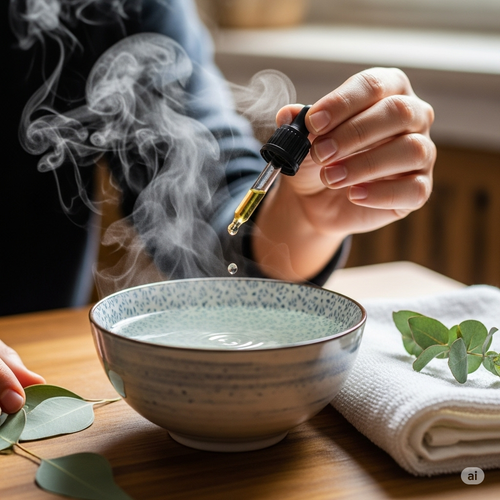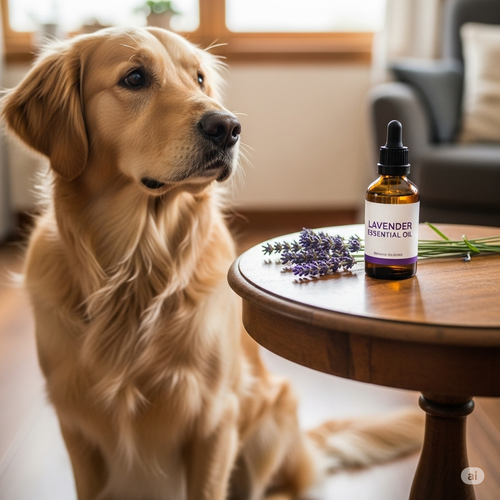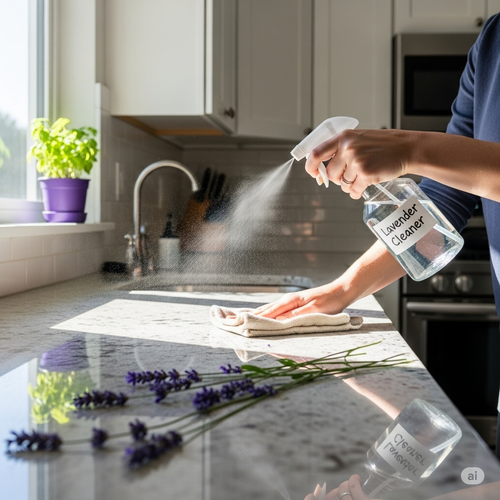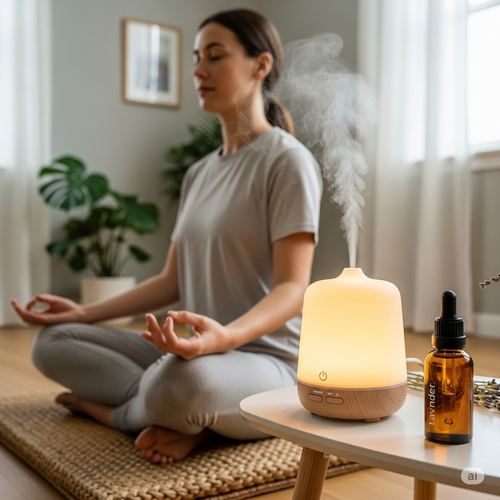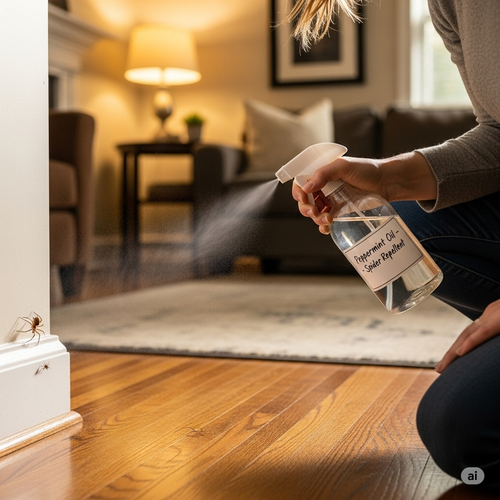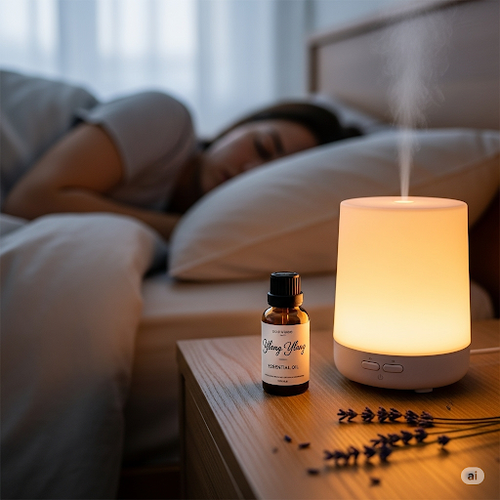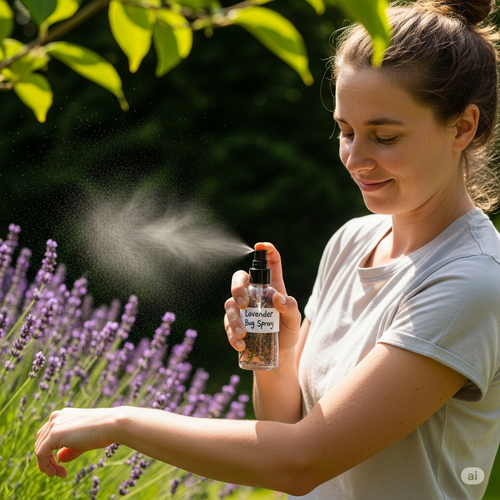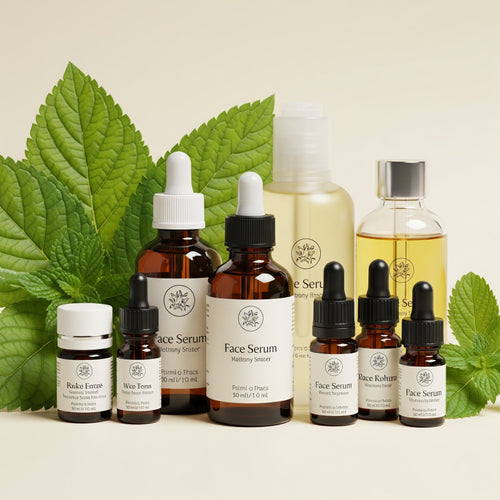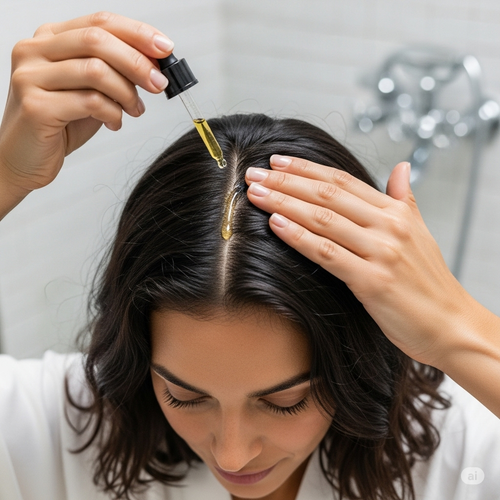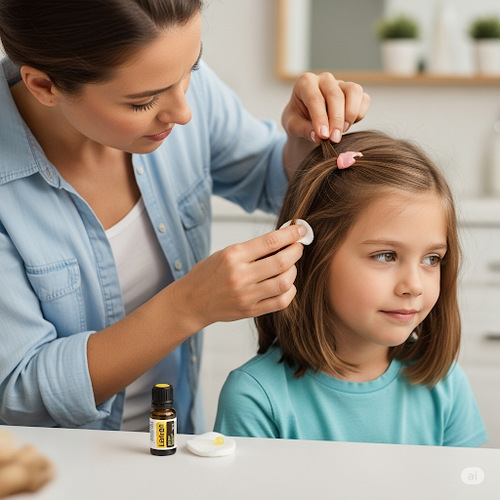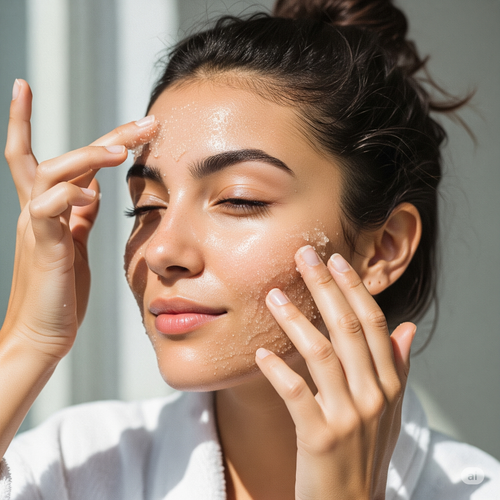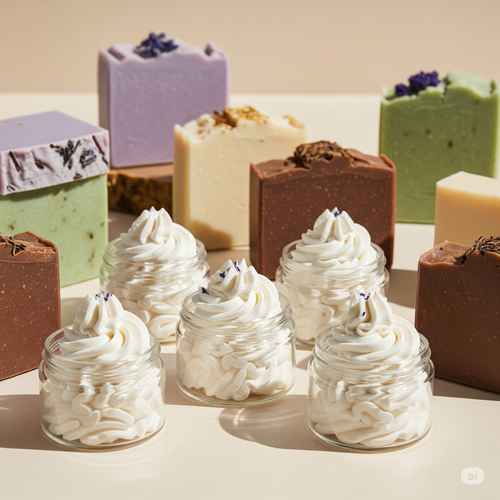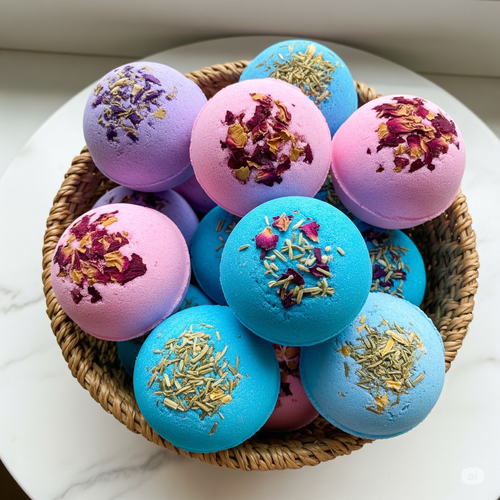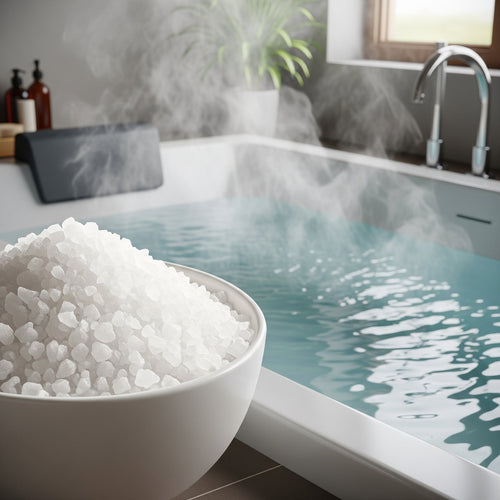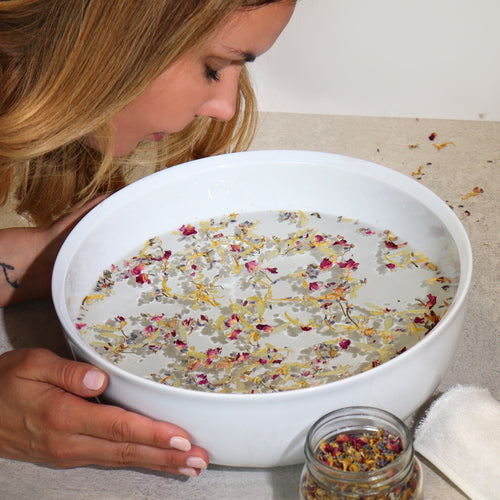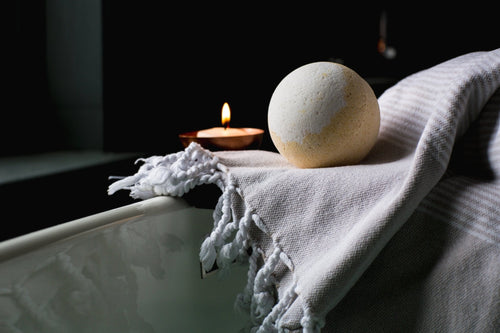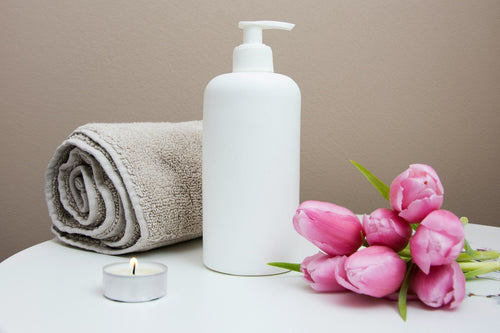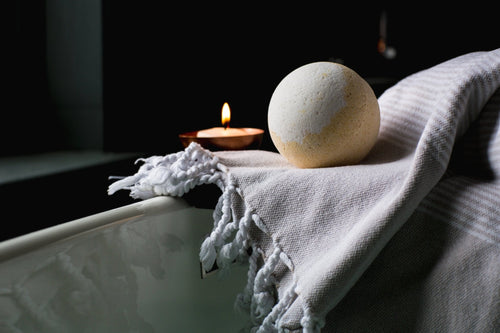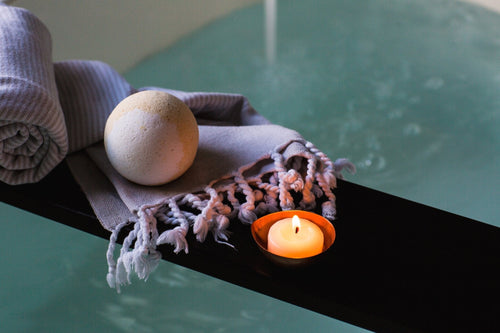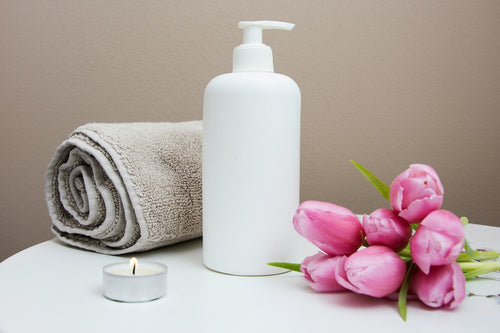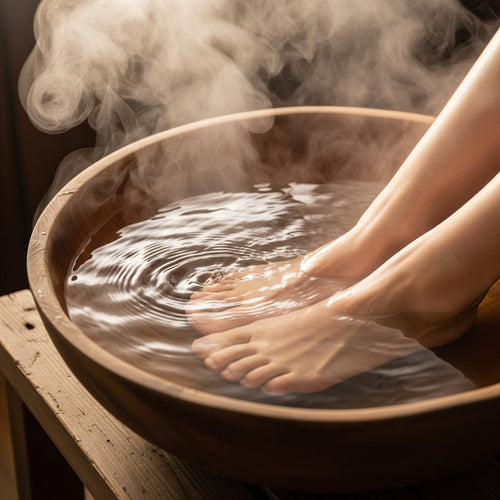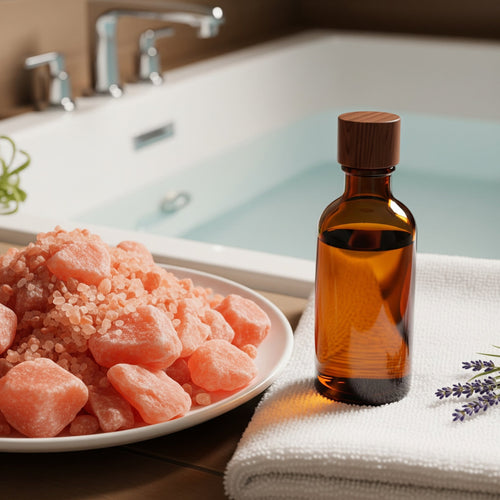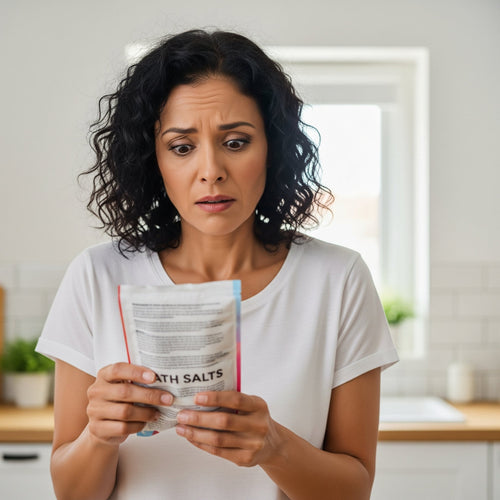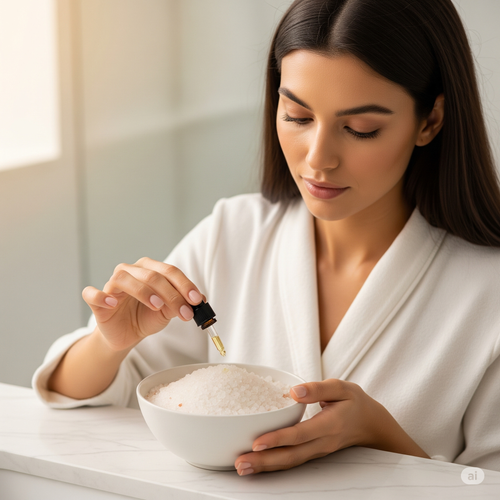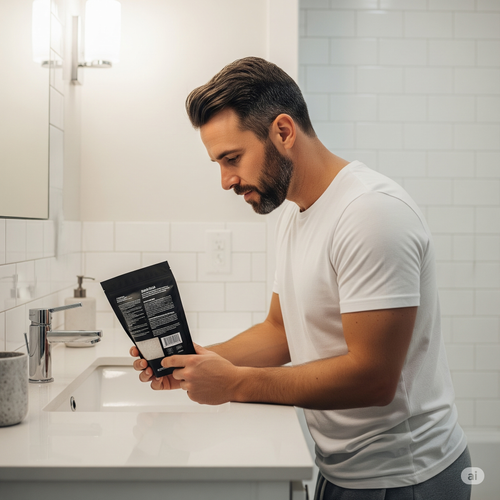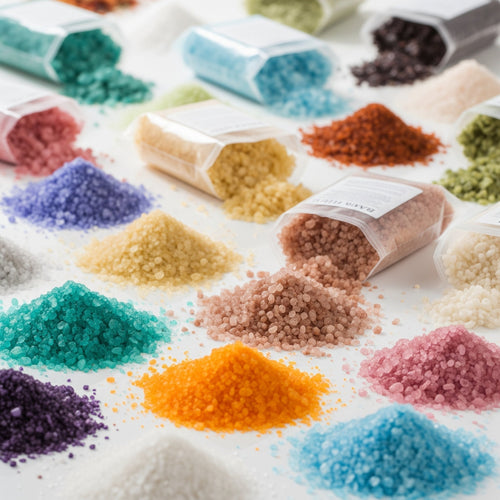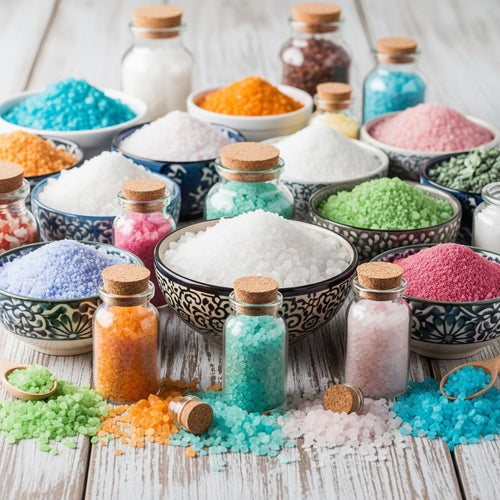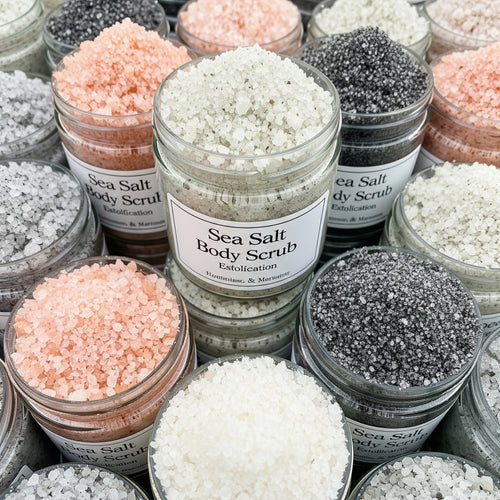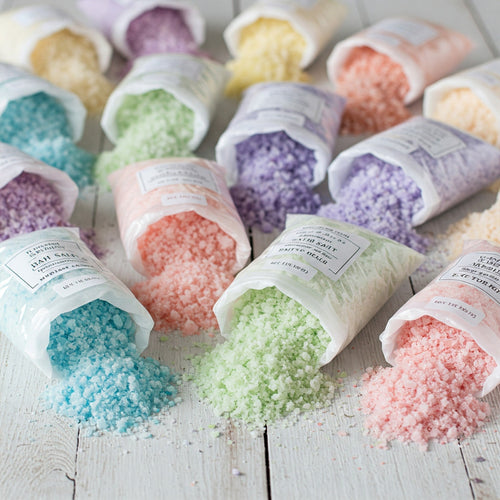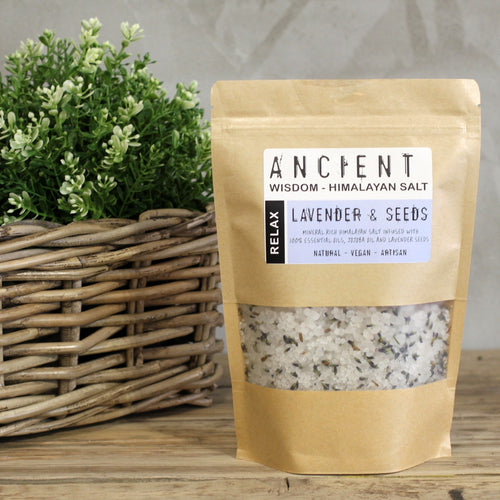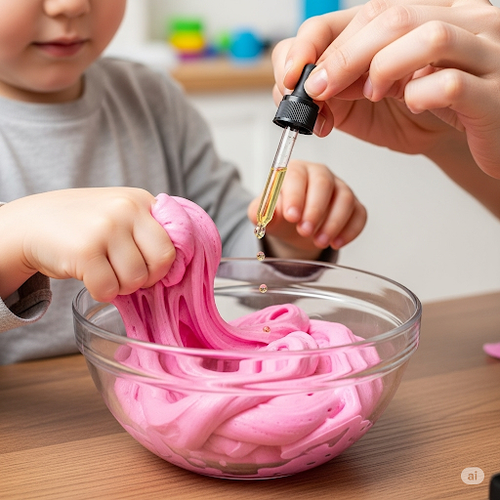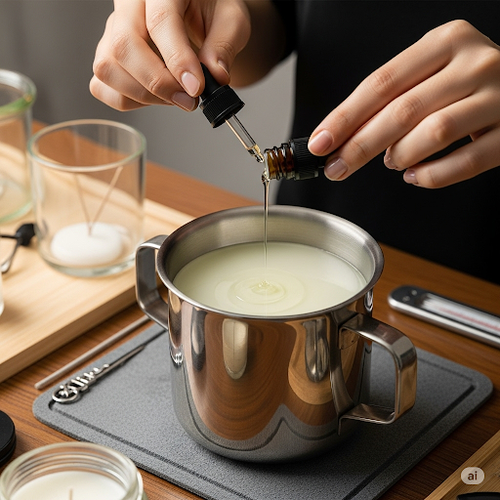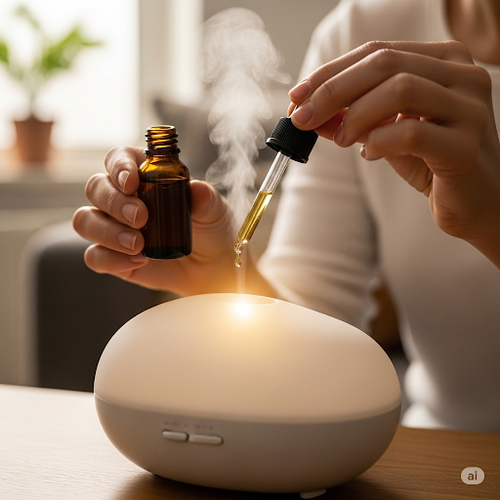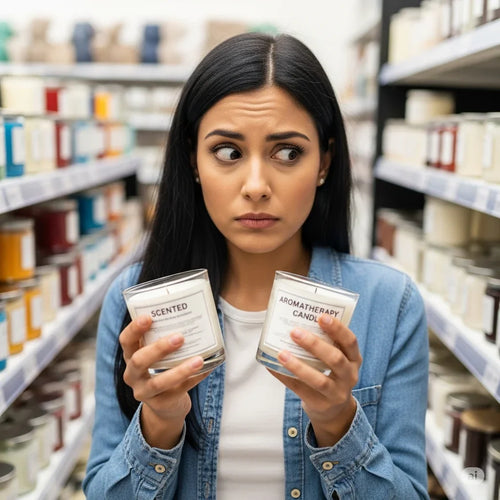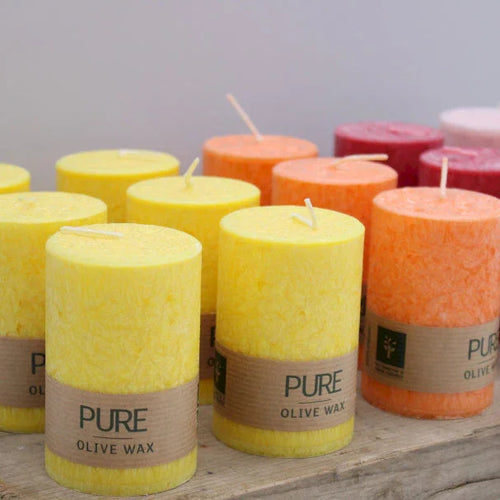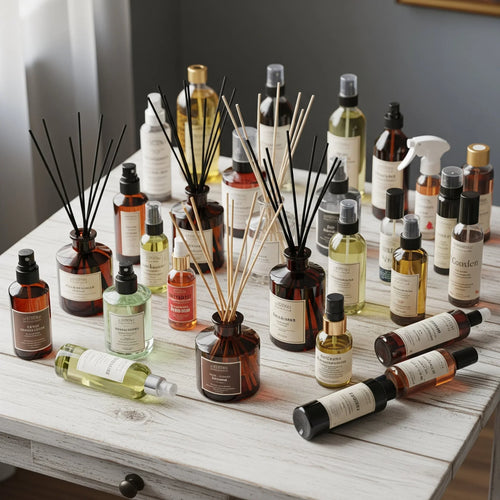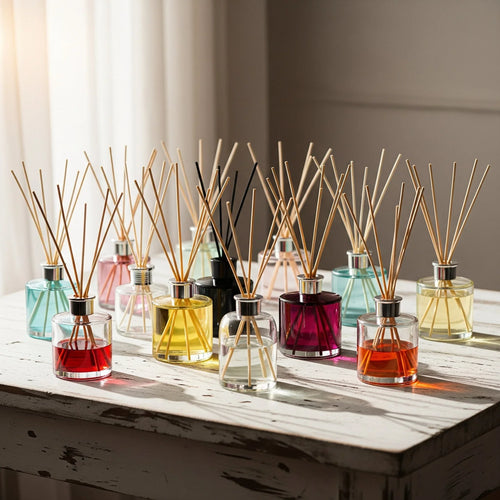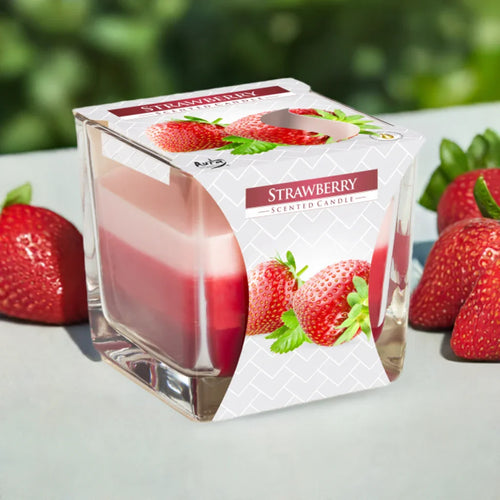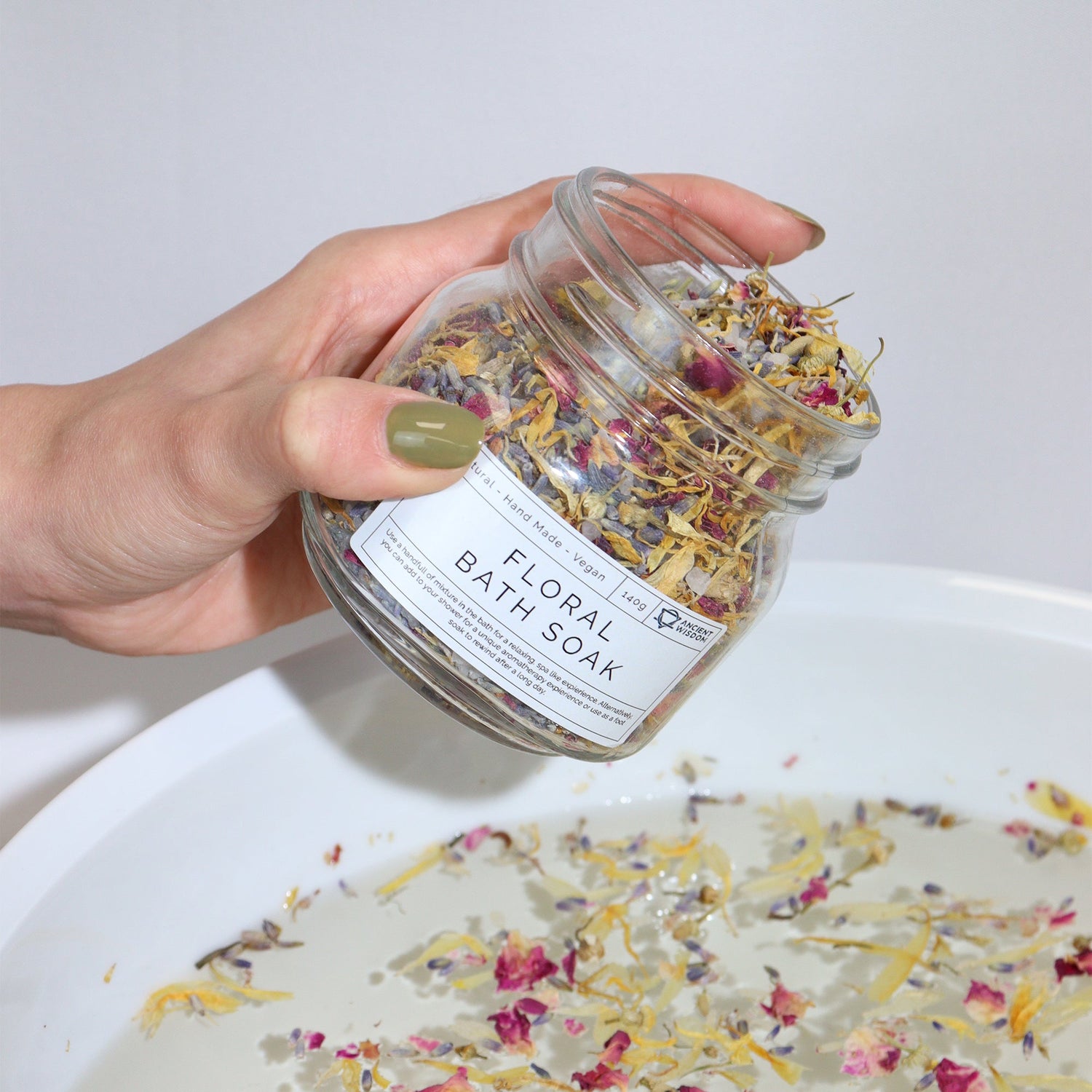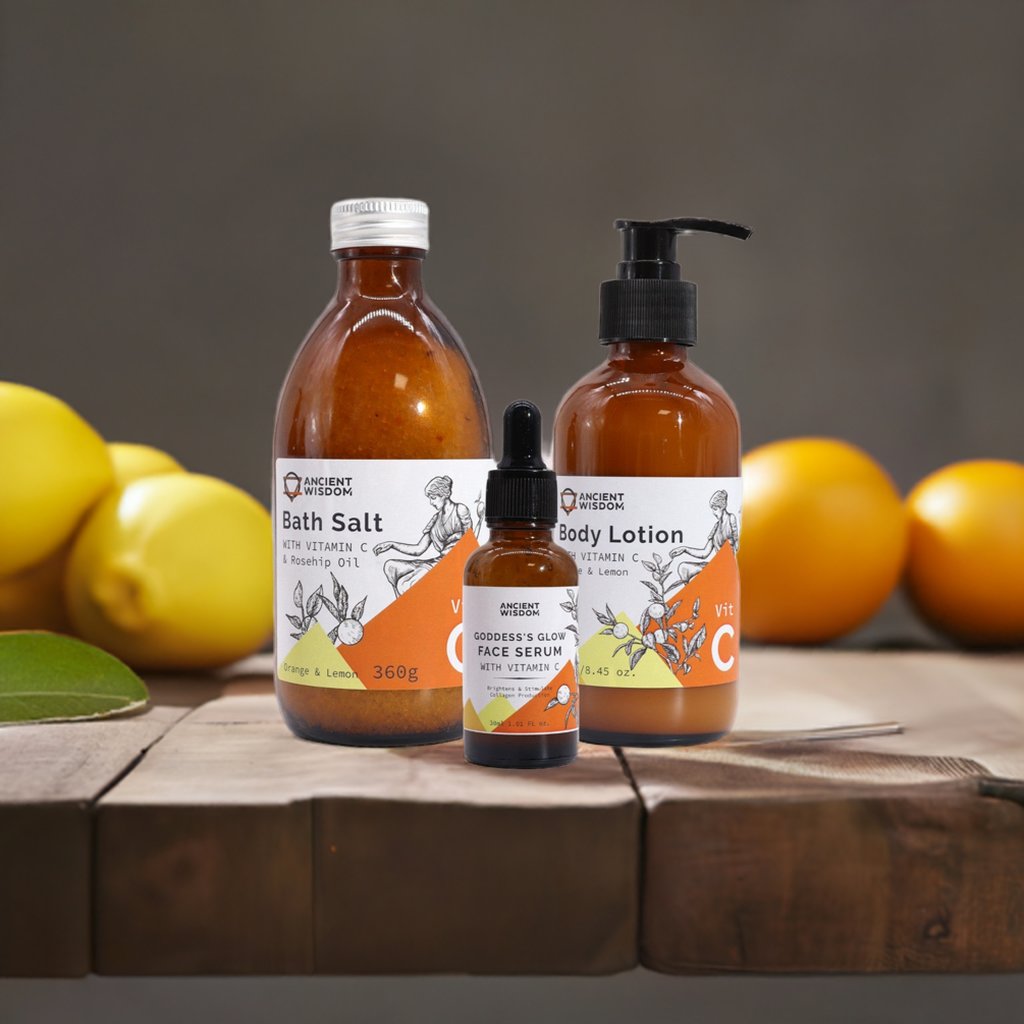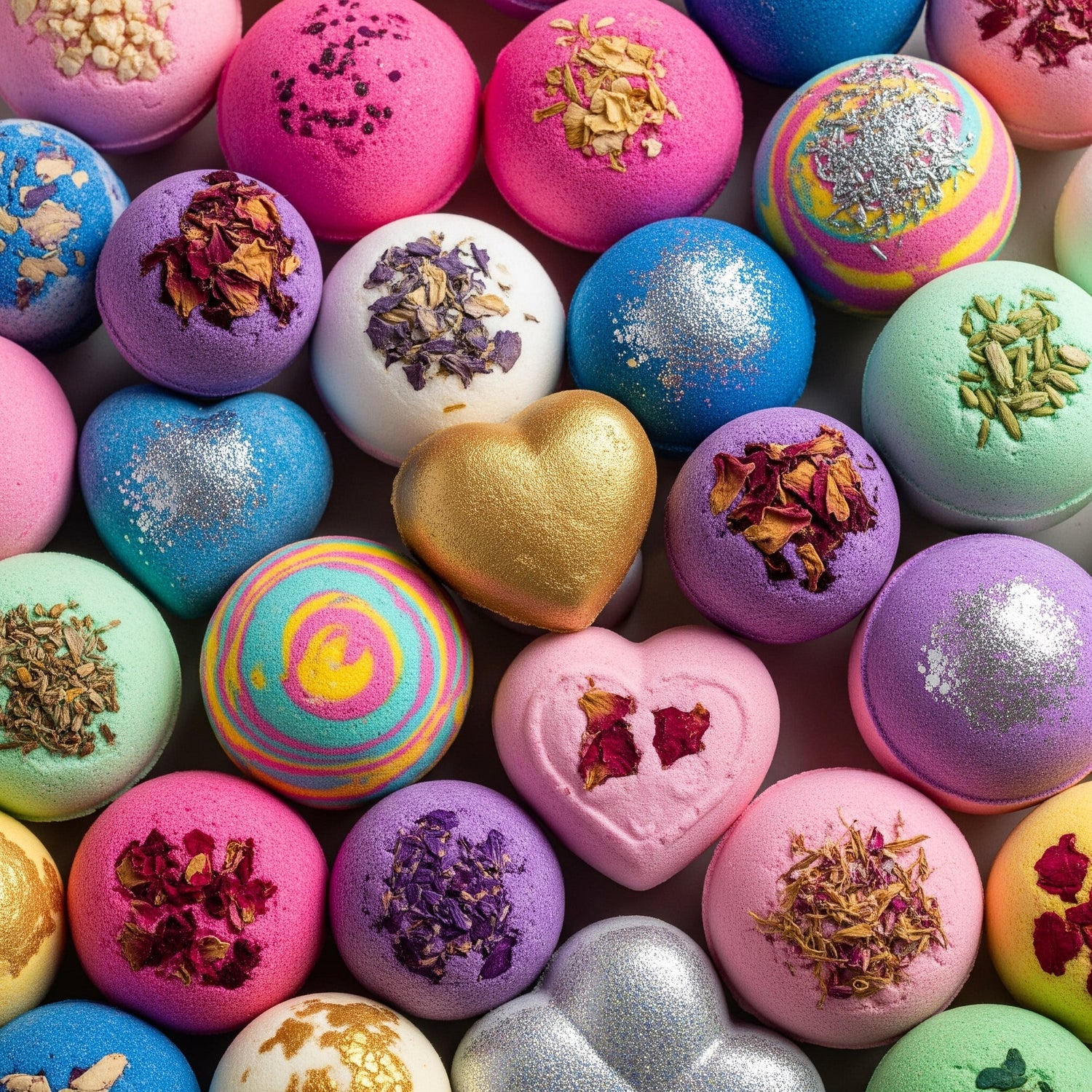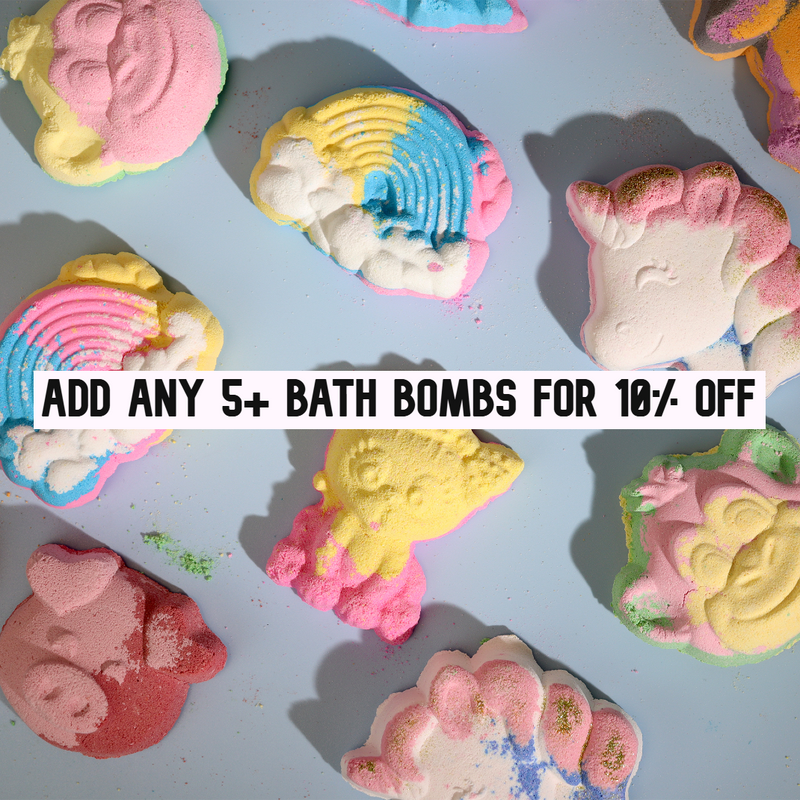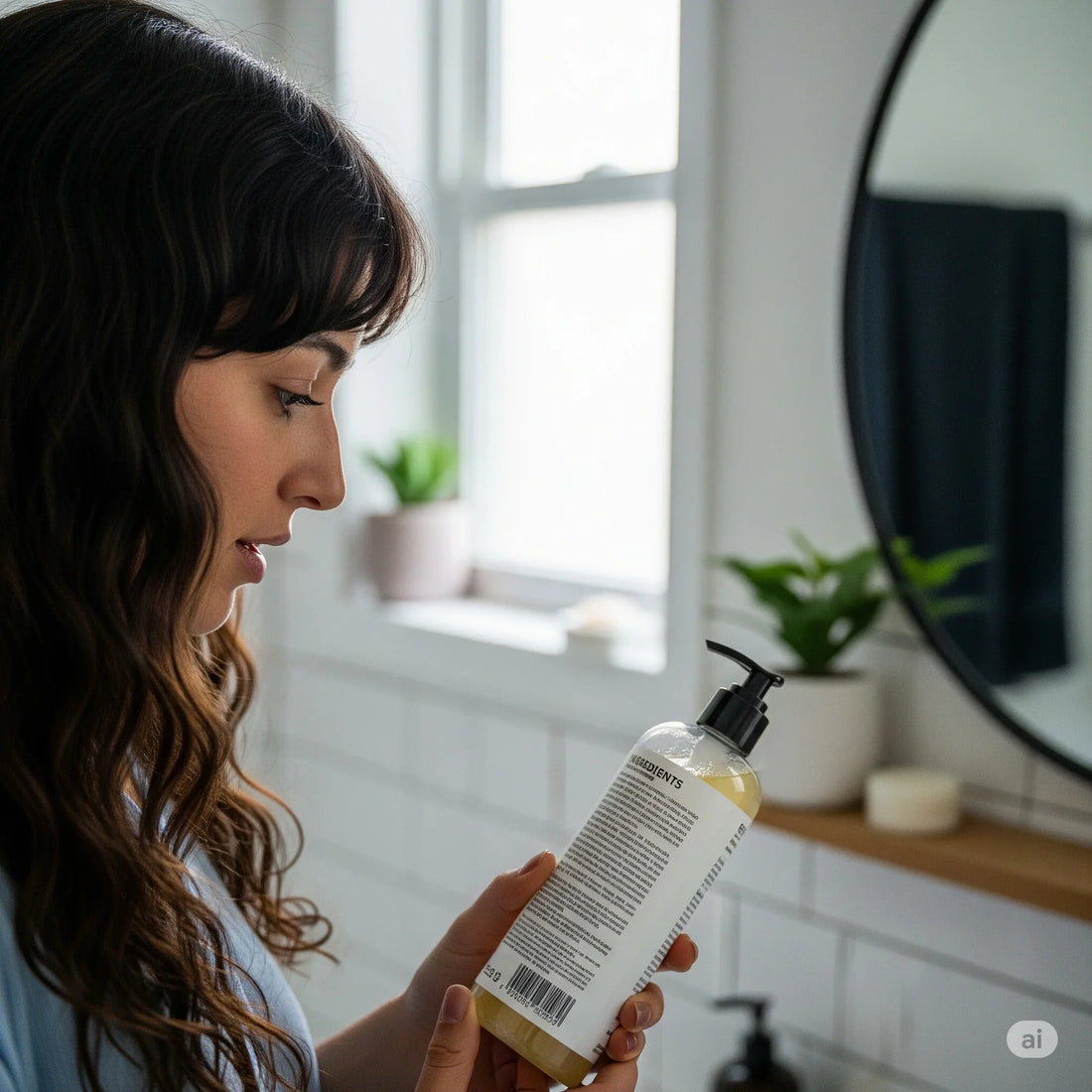
What Ingredients Should I Avoid In Body Wash
🧴 Worried about what's in your body wash? This post is your ultimate guide to decoding labels and choosing safer skincare. Discover harmful chemicals to avoid in personal care products, understand natural body wash ingredients, and learn how to pick the best gentle body wash for sensitive skin. Get ready to transform your daily shower into a truly nourishing experience! 🌱
🧪 UNRAVELLING BODY WASH INGREDIENTS: YOUR GUIDE TO SAFER SKINCARE CHOICES 🚿
UNDERSTANDING HARMFUL CHEMICALS TO AVOID IN PERSONAL CARE PRODUCTS FOR A HEALTHIER YOU
Are you someone who simply grabs the first colourful bottle of body wash that catches your eye in the supermarket, perhaps swayed by a pleasant scent or a tempting 'natural' claim on the label? Many of us do! But what if we told you that some common ingredients lurking in your favourite bubbly wash might not be doing your skin, or even your overall health, any favours? It's time to become an informed consumer and truly understand what ingredients should I avoid in body wash. Making informed choices about your personal care products is a crucial step towards maintaining healthy skin and a healthy body.
The skin is our largest organ, and it's far more permeable than many people realise. This means that what we put on our bodies can be absorbed into our bodies. So, when you're lathering up daily, you could be exposing yourself to a cocktail of chemicals that might lead to skin irritation, dryness, or even more significant long-term concerns. Let's delve into the specifics of what to look out for and why.
🚫 KEY HARMFUL INGREDIENTS TO AVOID IN YOUR BODY WASH 🧴
It can feel overwhelming to decipher the long, complicated names on an ingredient list. However, once you know what to look for, it becomes much easier to make smarter choices. Here are some of the most common problematic ingredients you should consider steering clear of:
-
Sulphates (SLS and SLES): These are perhaps the most notorious culprits. Sodium Lauryl Sulphate (SLS) and Sodium Laureth Sulphate (SLES) are powerful detergents that create that satisfying foamy lather we often associate with feeling clean.
- 💧 Why Avoid? While they're great at producing bubbles, they're also excellent at stripping your skin of its natural oils. This can lead to dryness, irritation, and even exacerbate conditions like eczema or sensitive skin. If you experience itchy skin after showering, sulphates could be the reason. Choosing a sulphate-free body wash is a game-changer for many.
-
Parabens (e.g., Methylparaben, Propylparaben, Butylparaben): These are widely used preservatives found in many personal care products, including body washes, to prevent the growth of bacteria and mould.
- 🧴 Why Avoid? Parabens have raised concerns due to their ability to mimic oestrogen in the body, potentially disrupting hormone function. While the exact impact is still debated, many consumers prefer to avoid them as a precautionary measure. Opting for paraben-free body wash is a growing trend.
-
Phthalates (e.g., DEHP, DBP, BBP, DINP): Often hidden under the umbrella term "fragrance" or "parfum" on ingredient lists, phthalates are used to make scents last longer and to make plastics more flexible.
- 👃 Why Avoid? Like parabens, phthalates are considered endocrine disruptors, meaning they can interfere with your body's hormonal system. They have been linked to a range of health issues. Look for body washes that explicitly state "phthalate-free" or use natural fragrance sources.
-
Synthetic Fragrances/Parfum: While a lovely scent can be appealing, "fragrance" or "parfum" on an ingredient list can be a catch-all term for hundreds of undisclosed chemicals.
- 🌸 Why Avoid? These synthetic compounds are a common cause of skin irritation, allergic reactions, headaches, and respiratory issues. If you have sensitive skin or allergies, choosing an unscented body wash or one fragranced with essential oils is a much safer bet.
-
Formaldehyde-Releasing Preservatives (e.g., DMDM Hydantoin, Imidazolidinyl Urea, Diazolidinyl Urea, Quaternium-15): These ingredients slowly release formaldehyde over time to prevent microbial growth.
- 🚫 Why Avoid? Formaldehyde is a known human carcinogen and a common skin sensitiser. It can cause contact dermatitis and allergic reactions. Always check for these names on the label.
-
Triclosan: An antibacterial and antifungal agent previously common in many personal care products, including some body washes.
- 🦠 Why Avoid? Triclosan has been linked to antibiotic resistance and hormone disruption. While its use has been restricted in some products, it's still worth being aware of and avoiding.
-
PEGs (Polyethylene Glycols): These petroleum-based compounds are used in cosmetics as thickeners, solvents, softeners, and moisture-carriers.
- 🧪 Why Avoid? PEGs themselves aren't inherently harmful, but the concern lies in their manufacturing process, which can lead to contamination with harmful by-products like 1,4-dioxane and ethylene oxide, both of which are probable human carcinogens. Look for PEG-free formulations if possible.
-
Artificial Colours/Dyes: The vibrant colours of some body washes might look appealing, but they're often derived from petroleum or coal tar.
- 🌈 Why Avoid? Artificial colours can be skin irritants and are linked to various health concerns, especially in children. They offer no benefit to your skin. Opt for colour-free body washes.
🌱 CHOOSING SAFER BODY WASH OPTIONS: WHAT TO LOOK FOR 🌿
Now that we've covered what to avoid, let's talk about what to embrace! Switching to a body wash free from harsh chemicals doesn't mean sacrificing cleanliness or a pleasant experience. In fact, you'll likely find your skin feels much happier and healthier.
👍 Look for "Free From" Labels: Many brands now proudly advertise products that are "sulphate-free," "paraben-free," "phthalate-free," or "fragrance-free." These labels are a great starting point for finding gentler options.
🌍 Embrace Natural & Organic Ingredients: Seek out body washes that use naturally derived cleansers like coco-glucoside or decyl glucoside. Ingredients such as aloe vera, glycerin, shea butter, and various plant extracts are excellent for nourishing and hydrating the skin.
✅ Read the Full Ingredient List: Don't just rely on front-of-package claims. Turn the bottle around and scrutinise the ingredient list. The fewer unrecognisable chemicals, the better.
🌸 Opt for Essential Oils for Scent: If you prefer a scented body wash, choose products that use pure essential oils for fragrance. Lavender, tea tree, peppermint, and citrus oils not only provide natural aromas but often offer additional skin benefits.
💧 Consider Your Skin Type: If you have extremely sensitive skin, an unscented, hypoallergenic body wash designed for delicate skin will be your best bet. For dry skin, look for formulations rich in hydrating ingredients.
Making the switch to a body wash that avoids these problematic ingredients is a simple yet powerful way to improve your daily skincare routine. Your skin will thank you for it by feeling softer, smoother, and less irritated. It's about prioritising your well-being and making conscious choices for a healthier lifestyle.
✨ FINAL THOUGHTS ON BODY WASH INGREDIENTS FOR HEALTHY SKIN 🛀
Understanding what ingredients should I avoid in body wash is no longer just a niche concern for health enthusiasts; it's becoming mainstream knowledge. With so many options available today, choosing a safe, effective, and nourishing body wash has never been easier. By taking a few moments to read labels and educate yourself, you can transform your shower routine from a potential source of irritation into a truly beneficial and enjoyable part of your day. Invest in your skin's health, and it will repay you tenfold!

